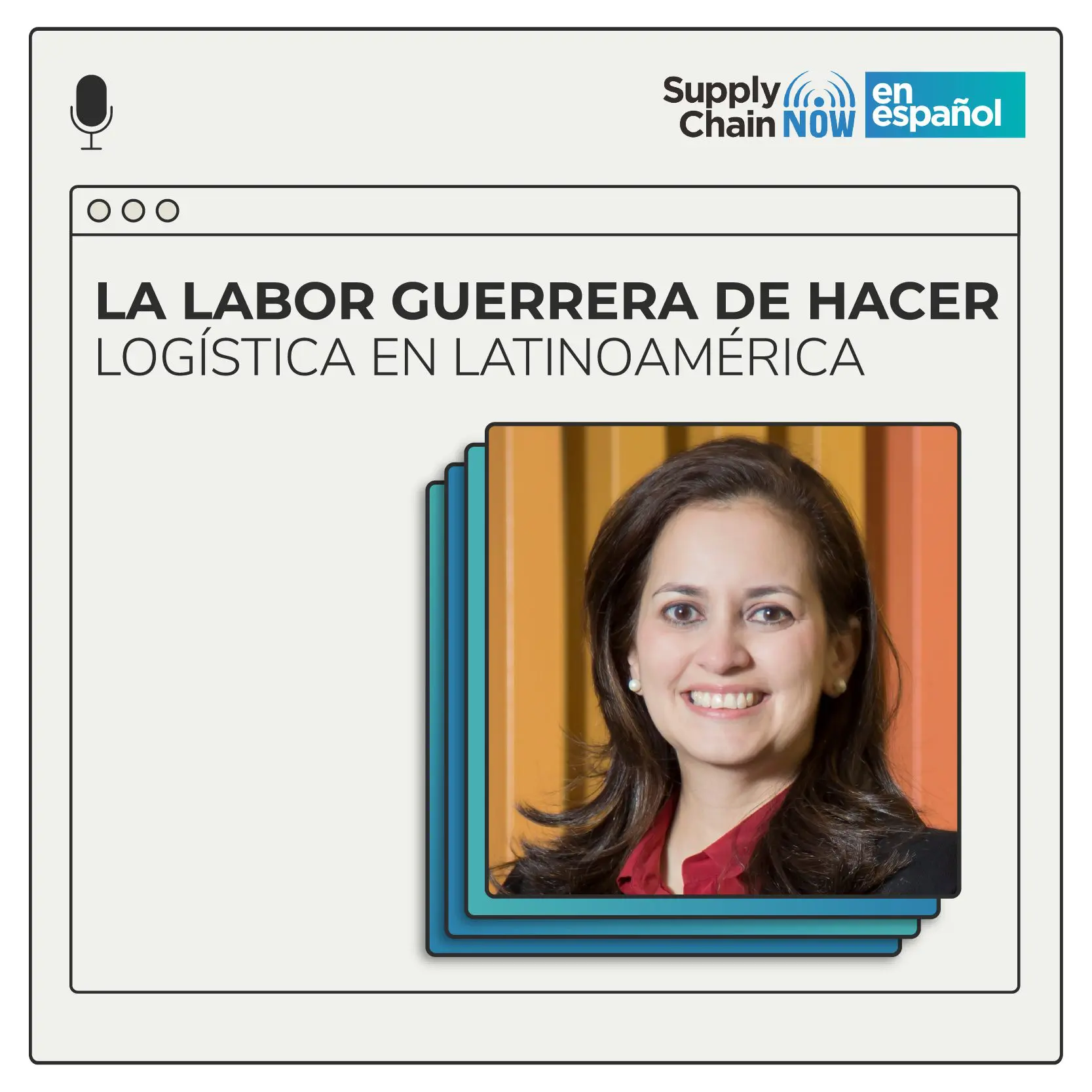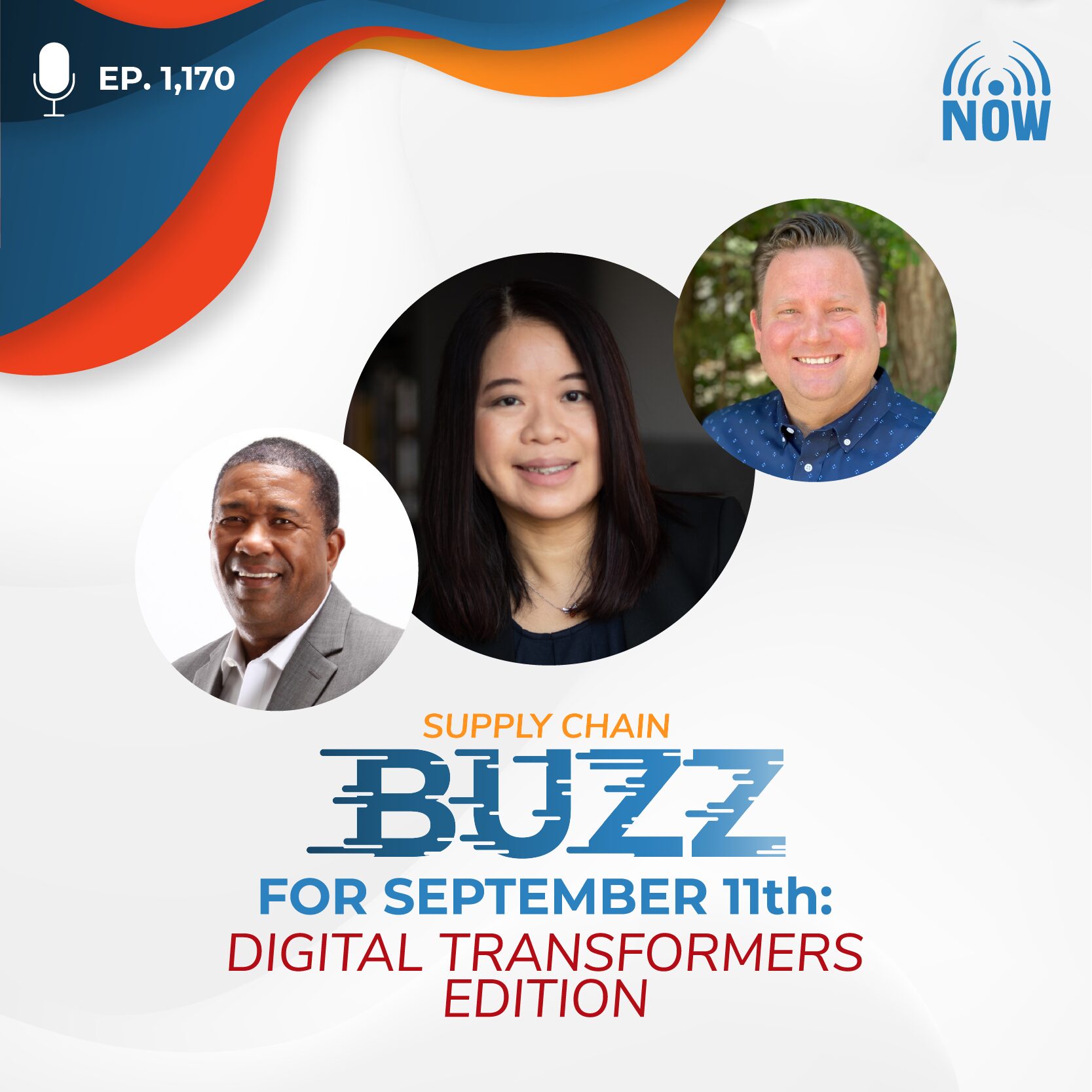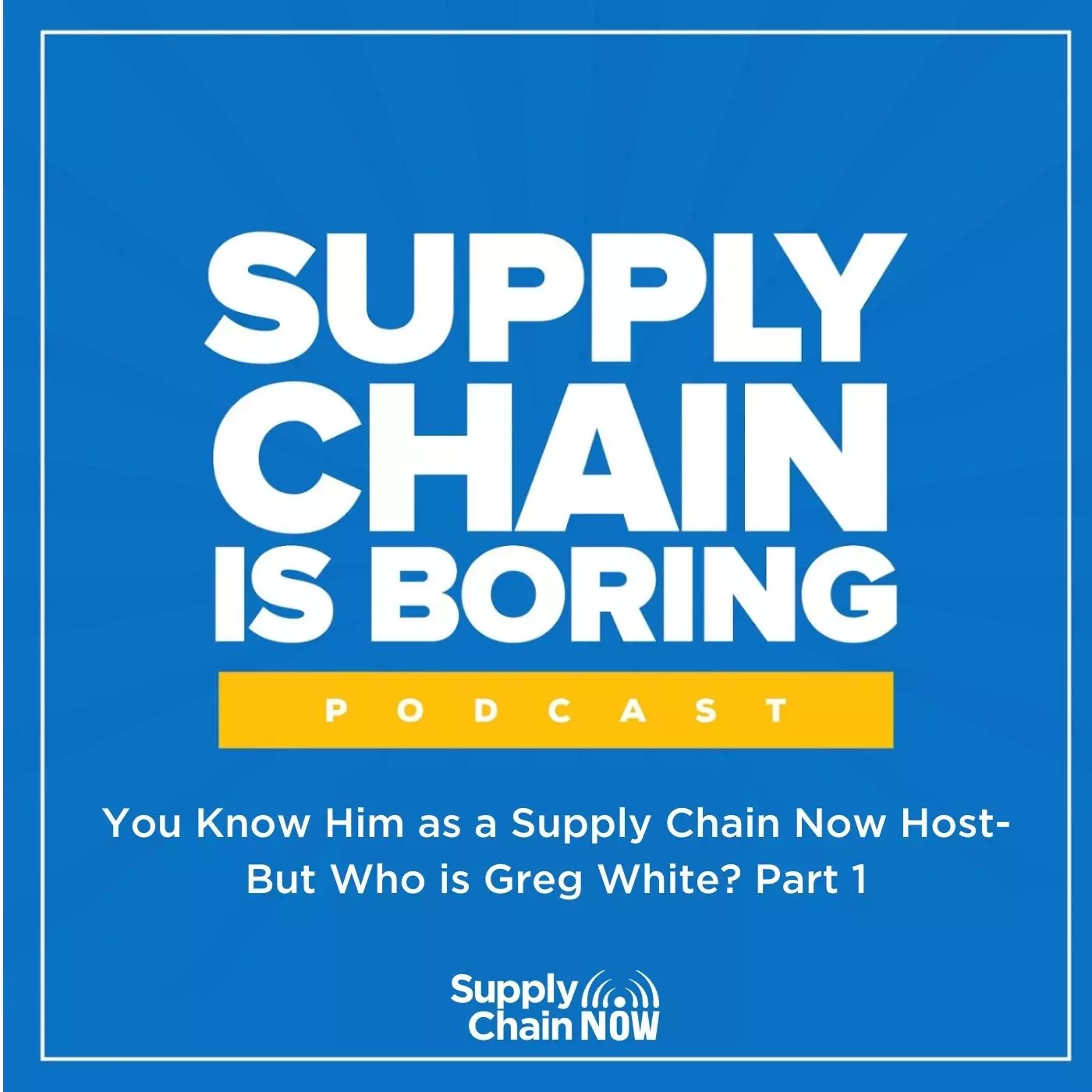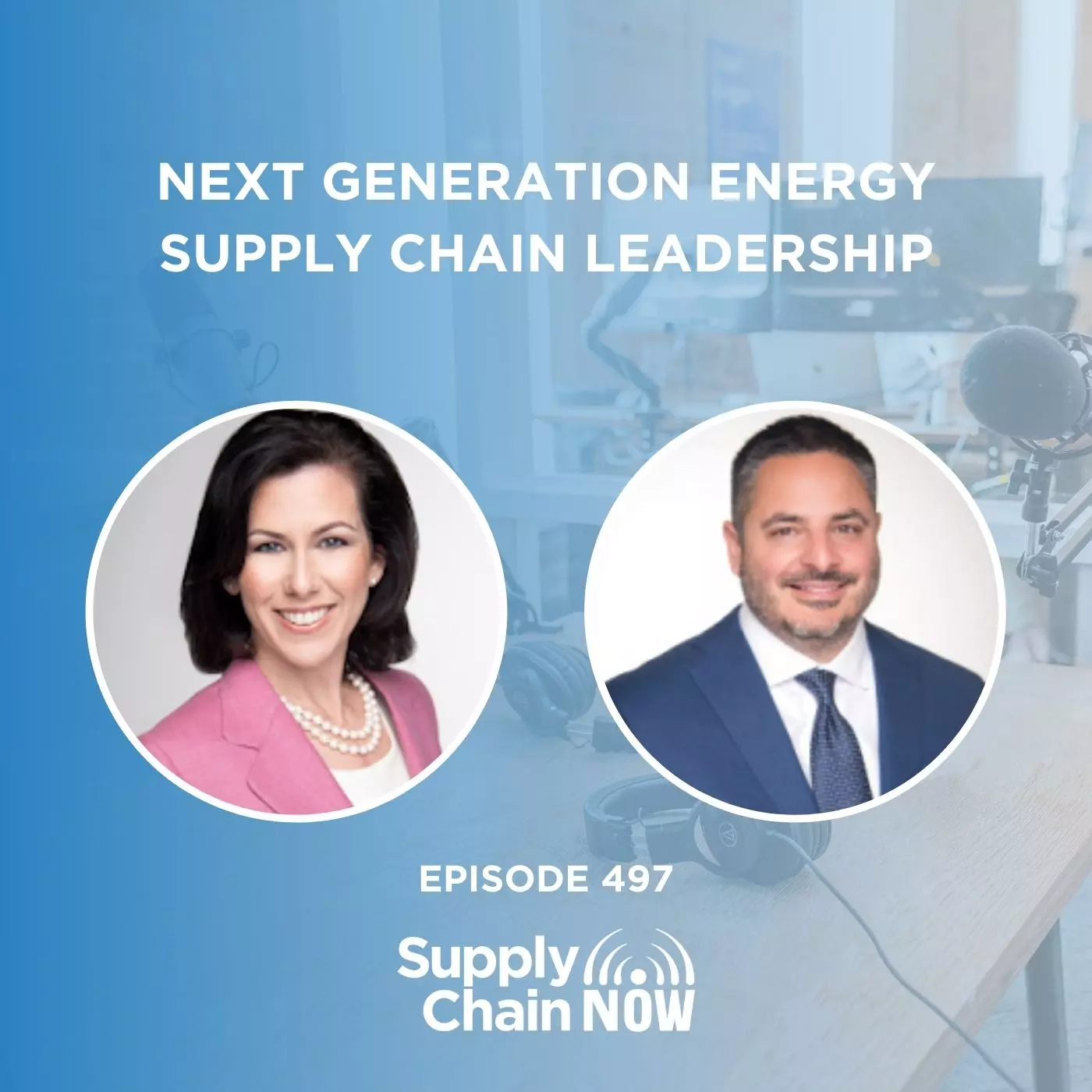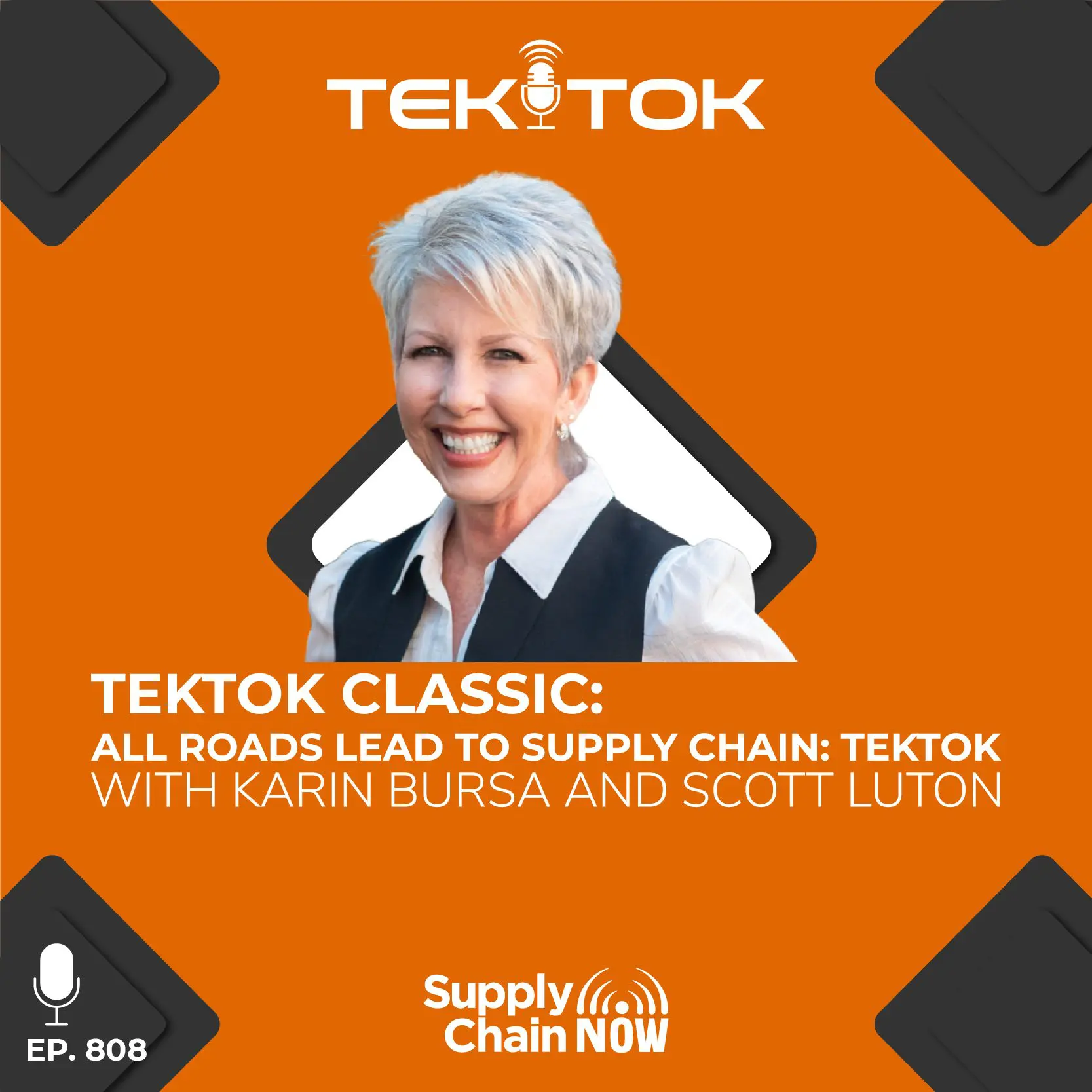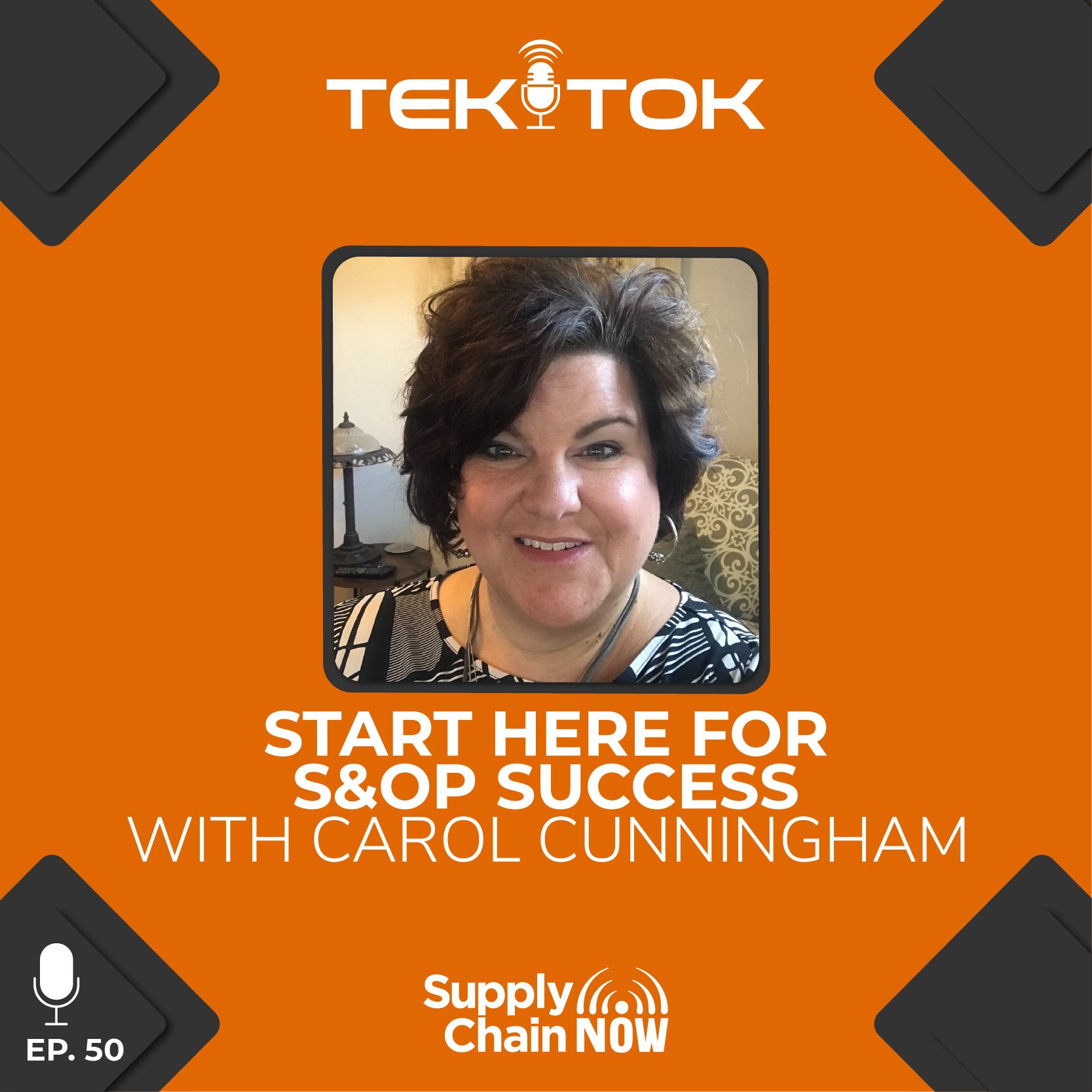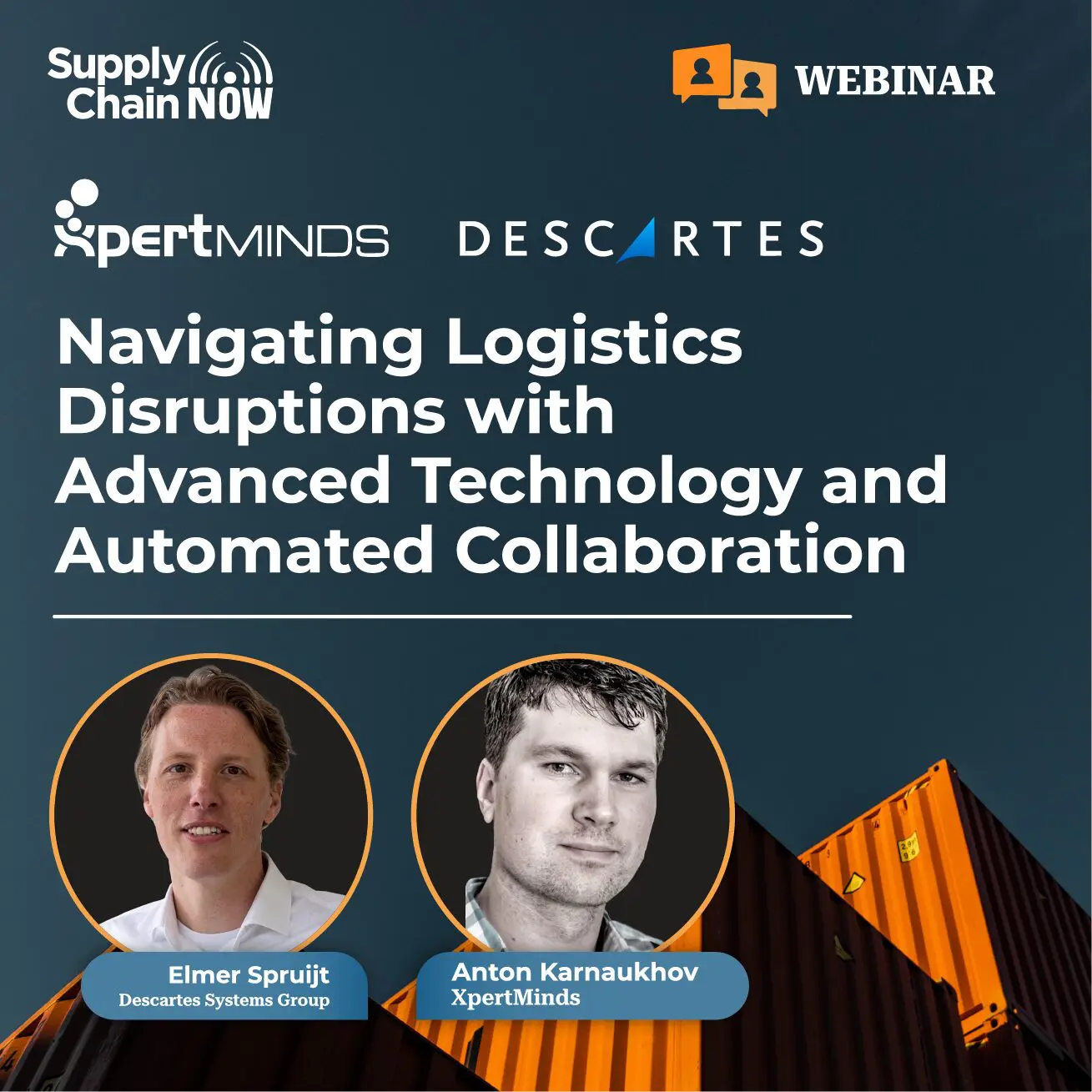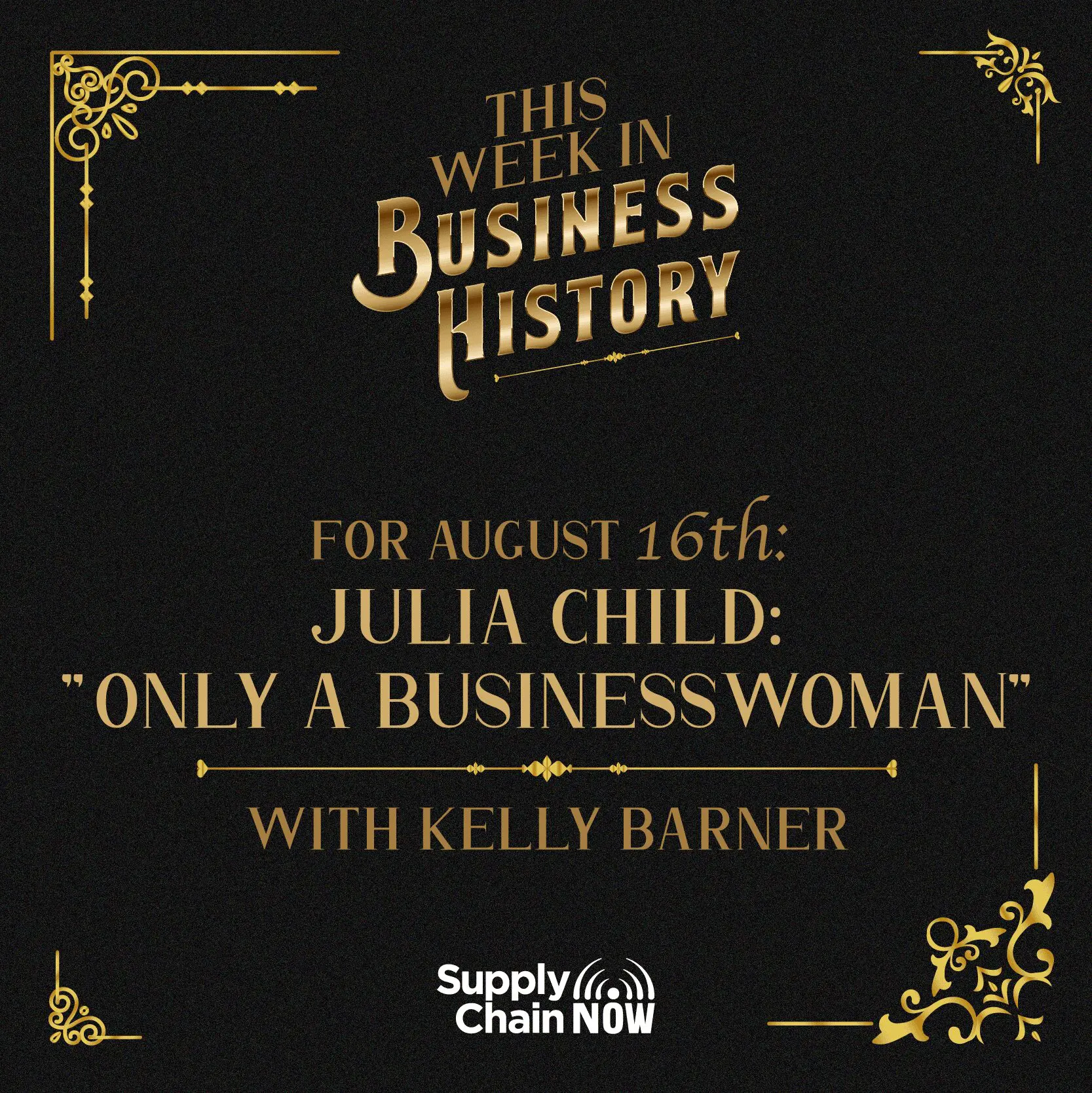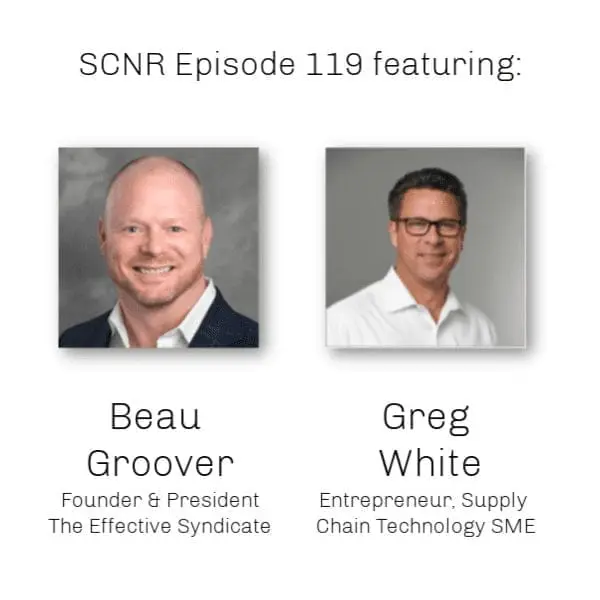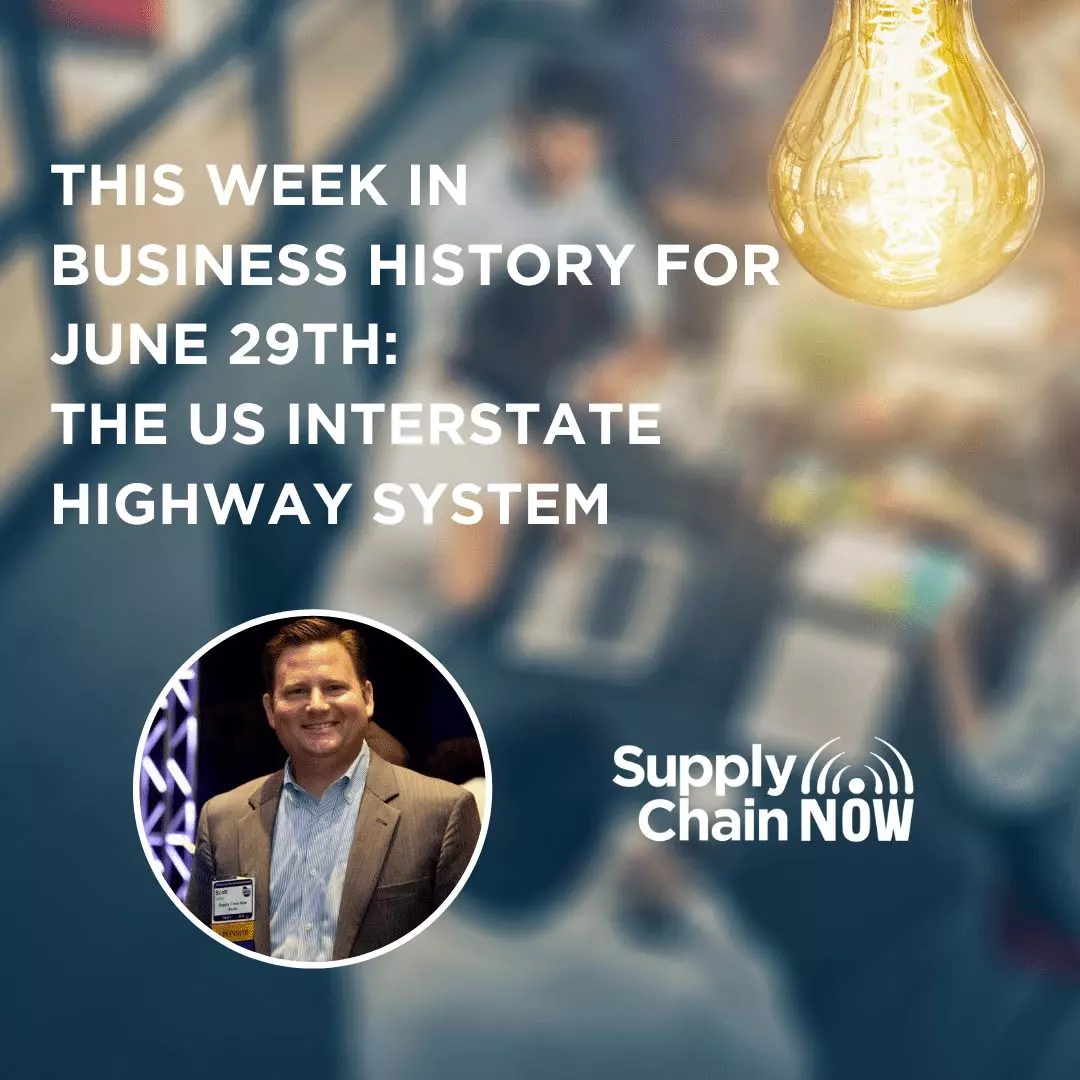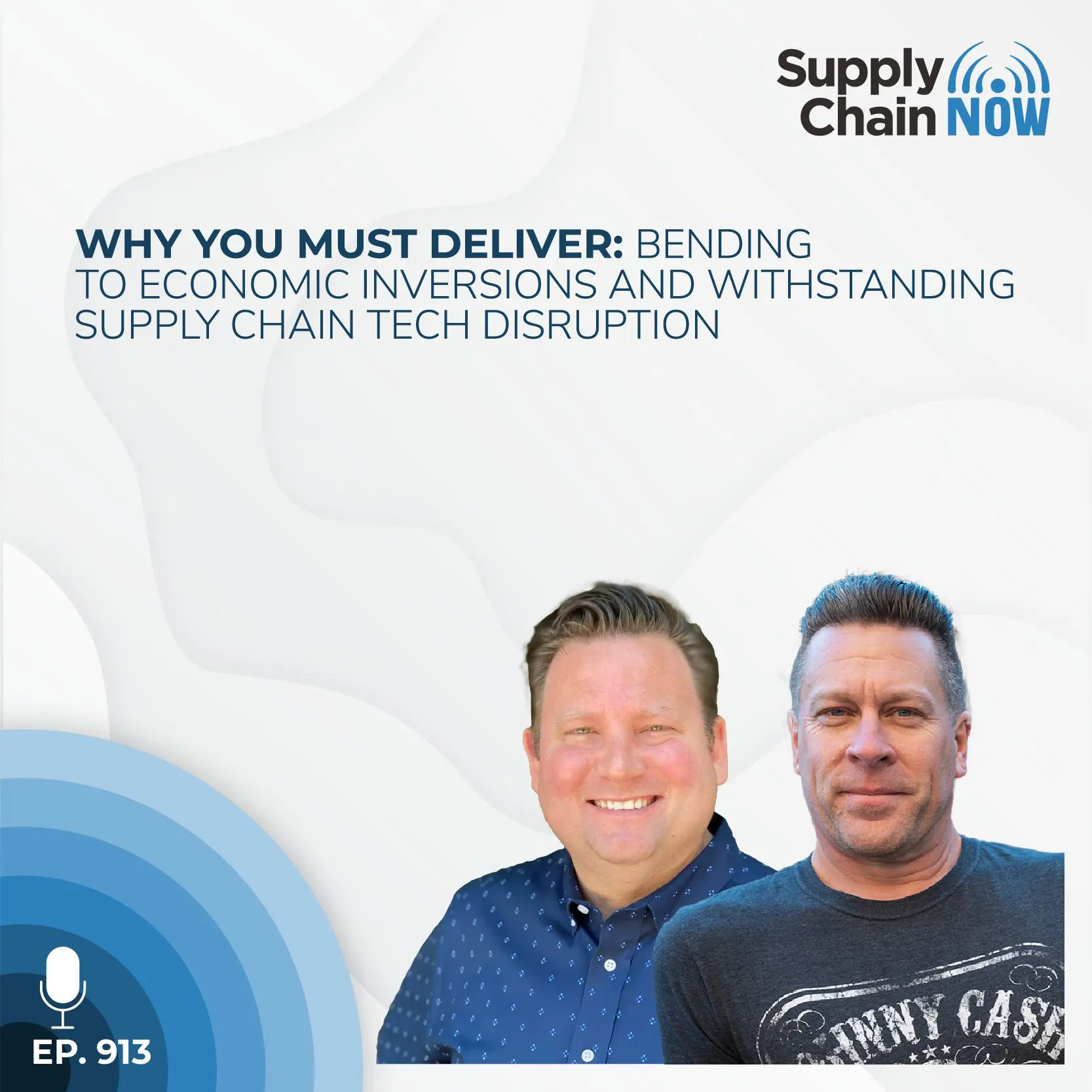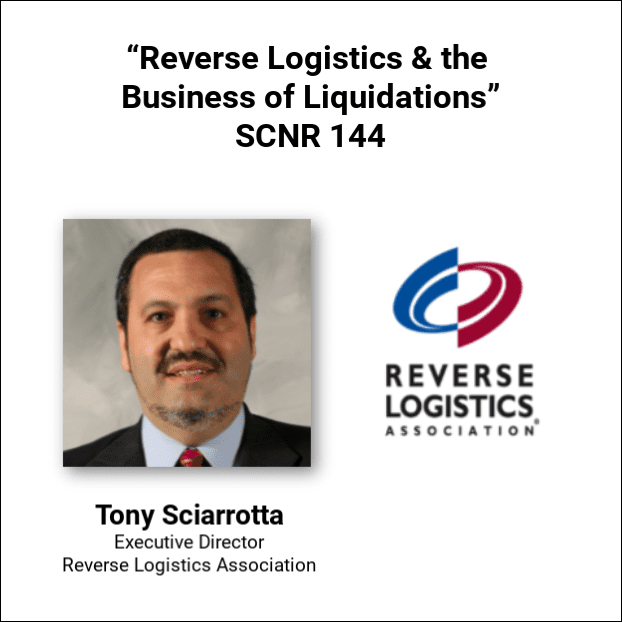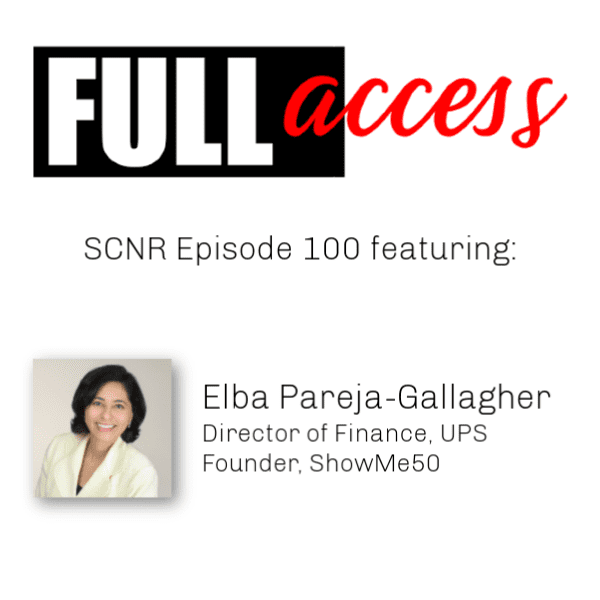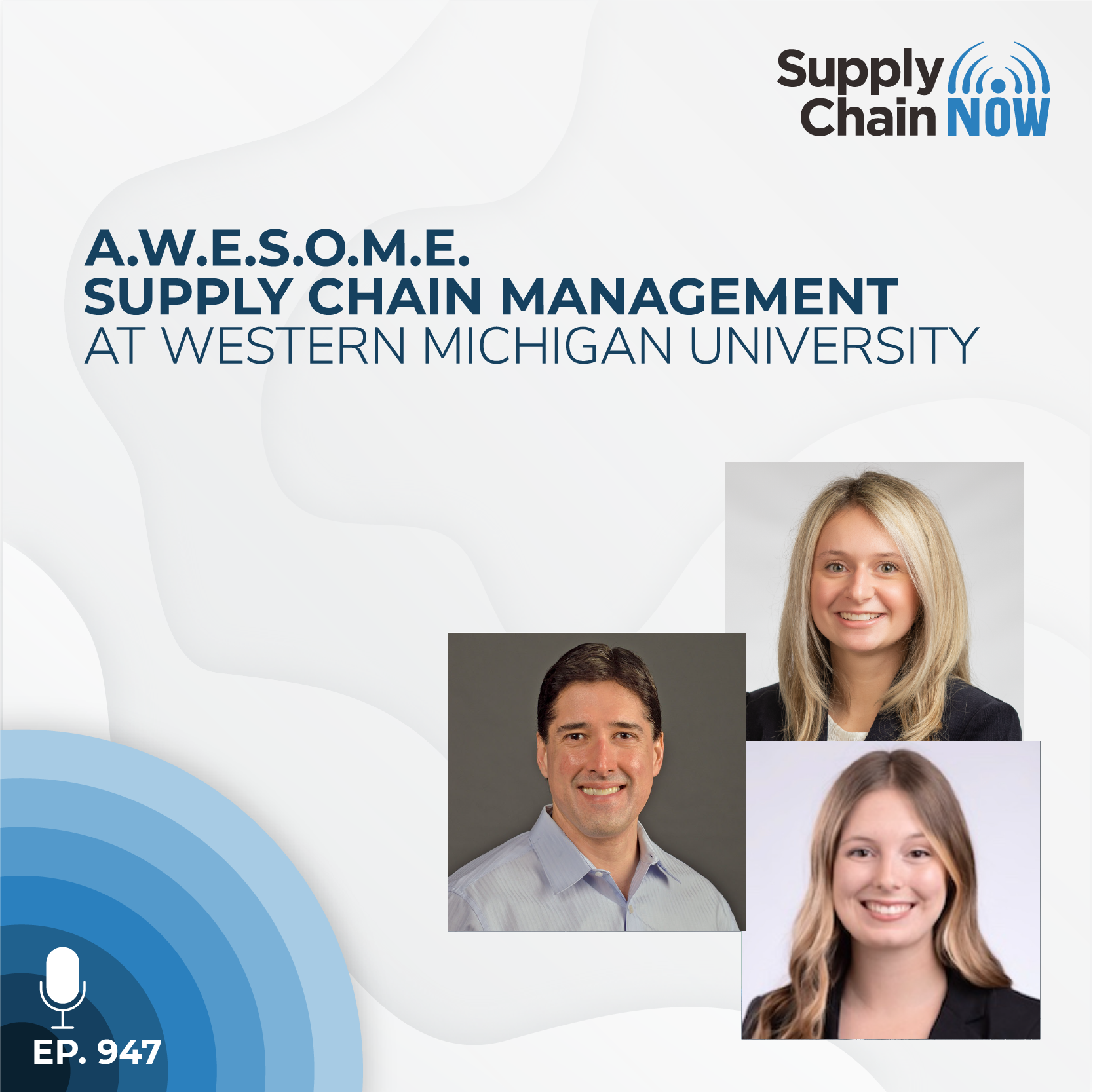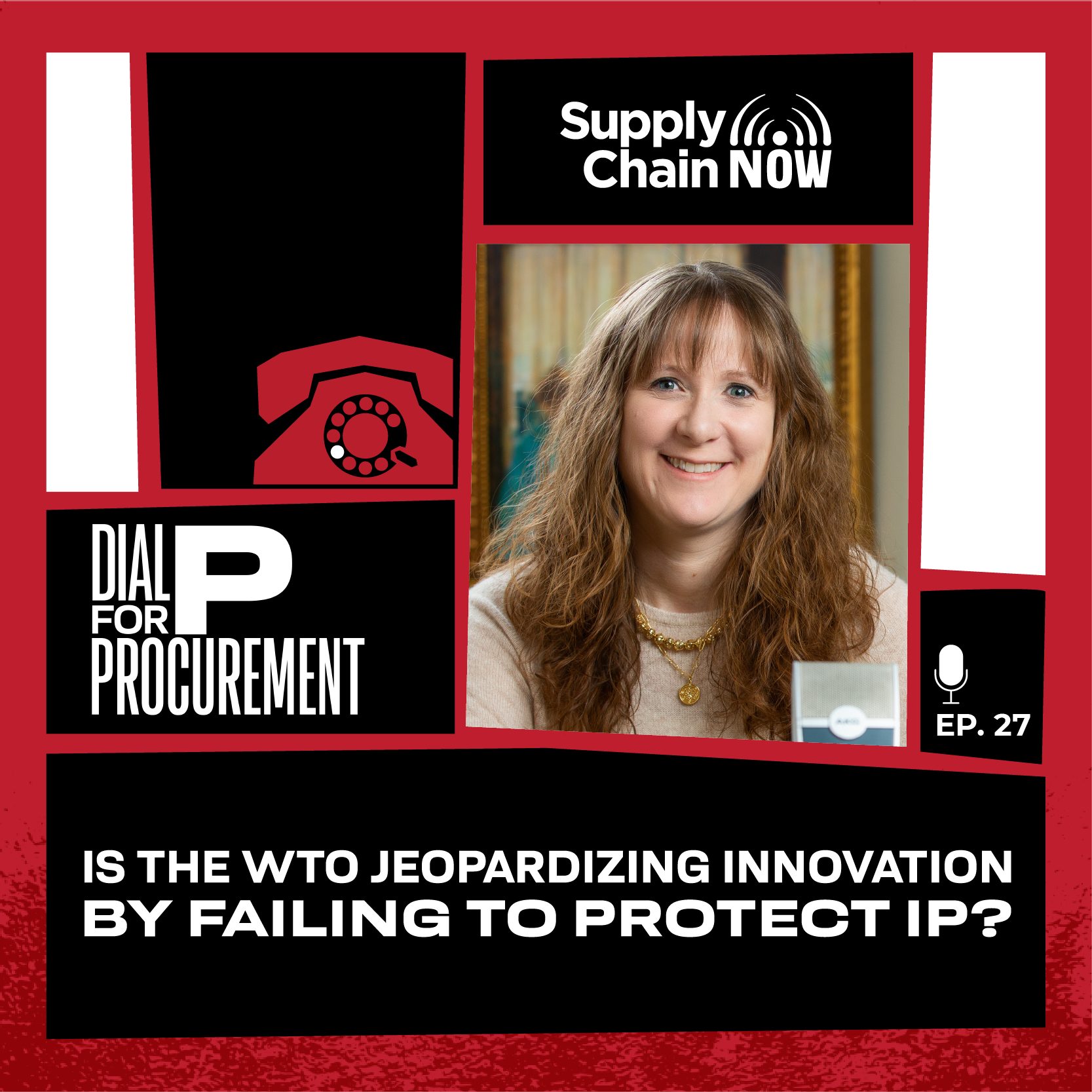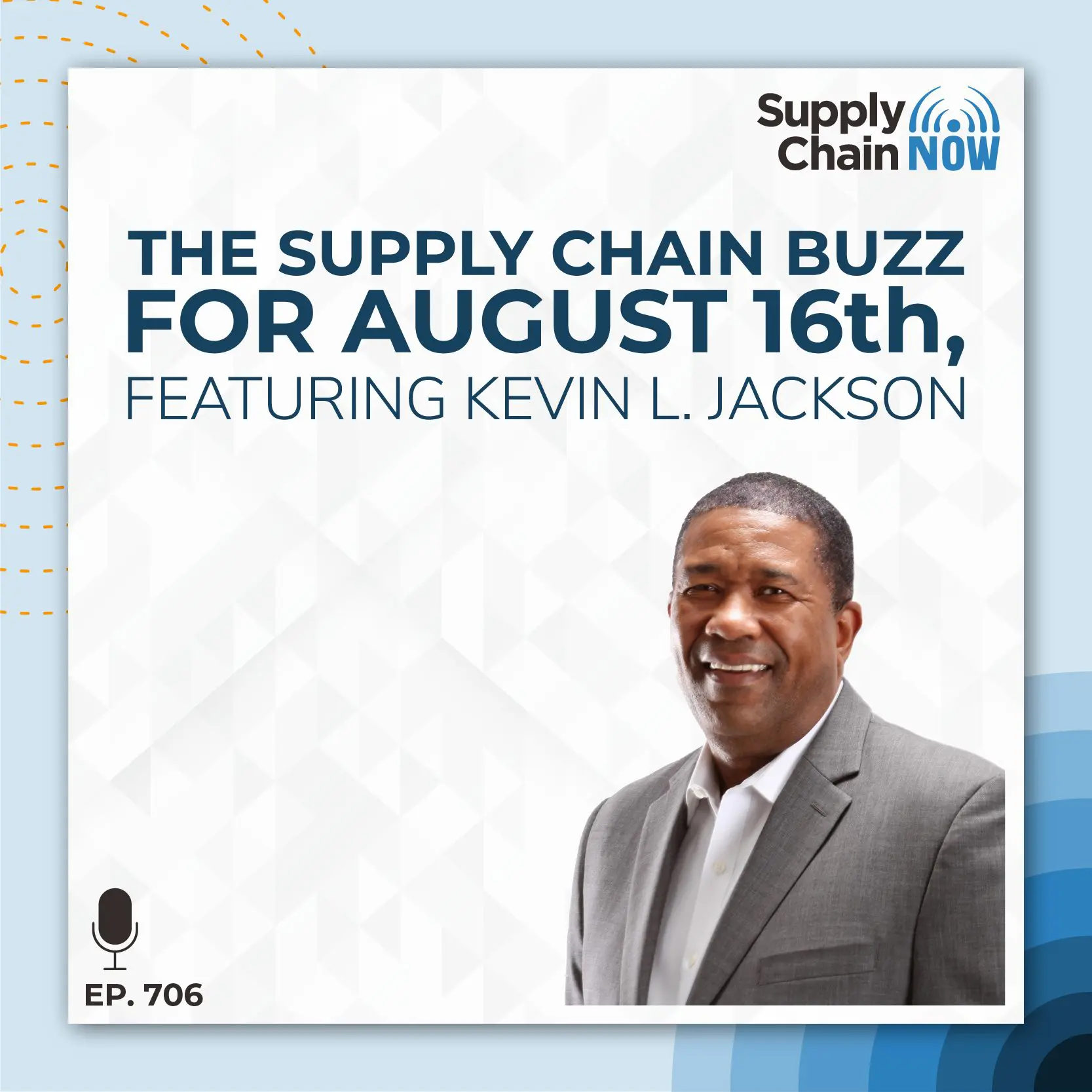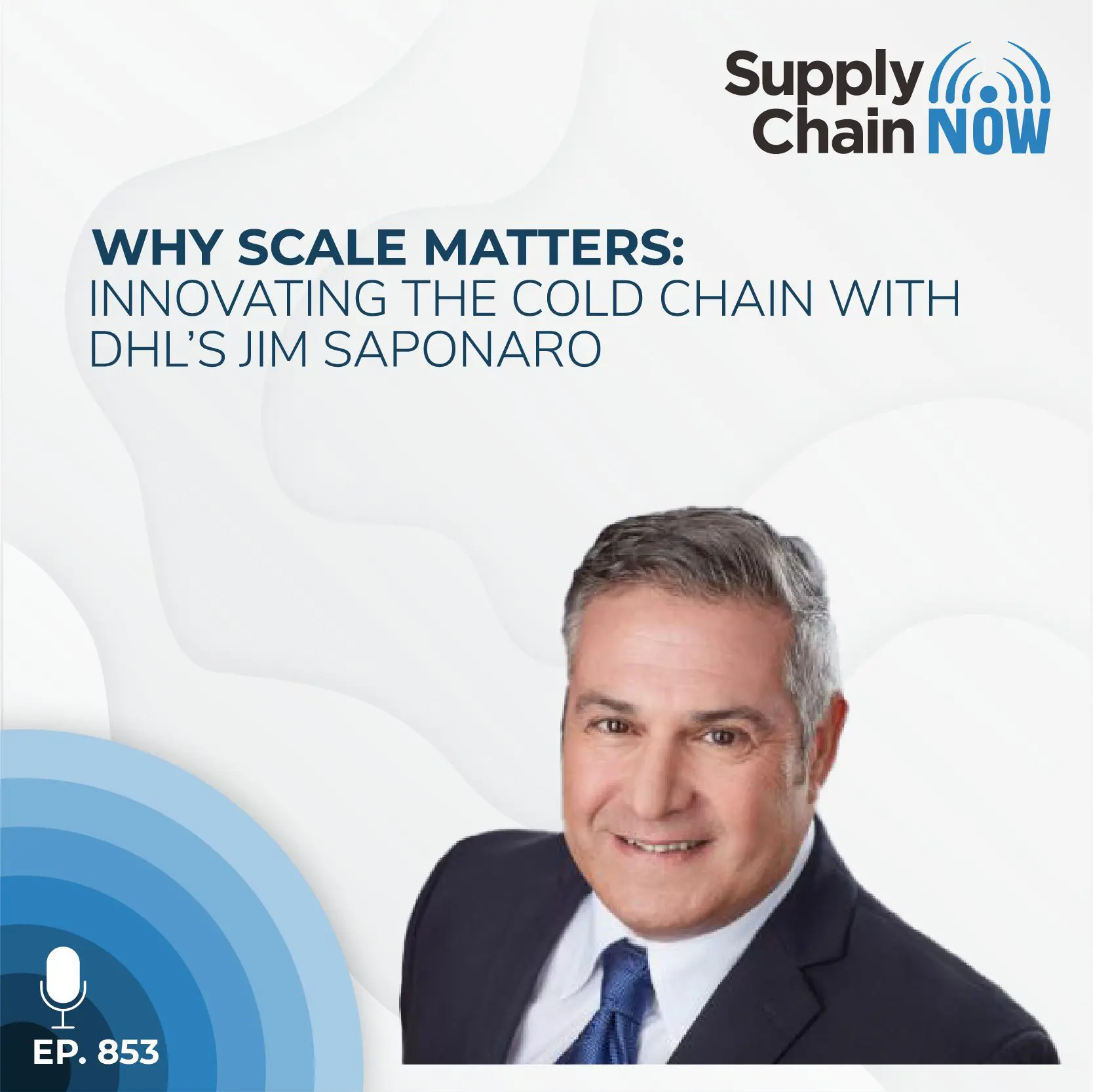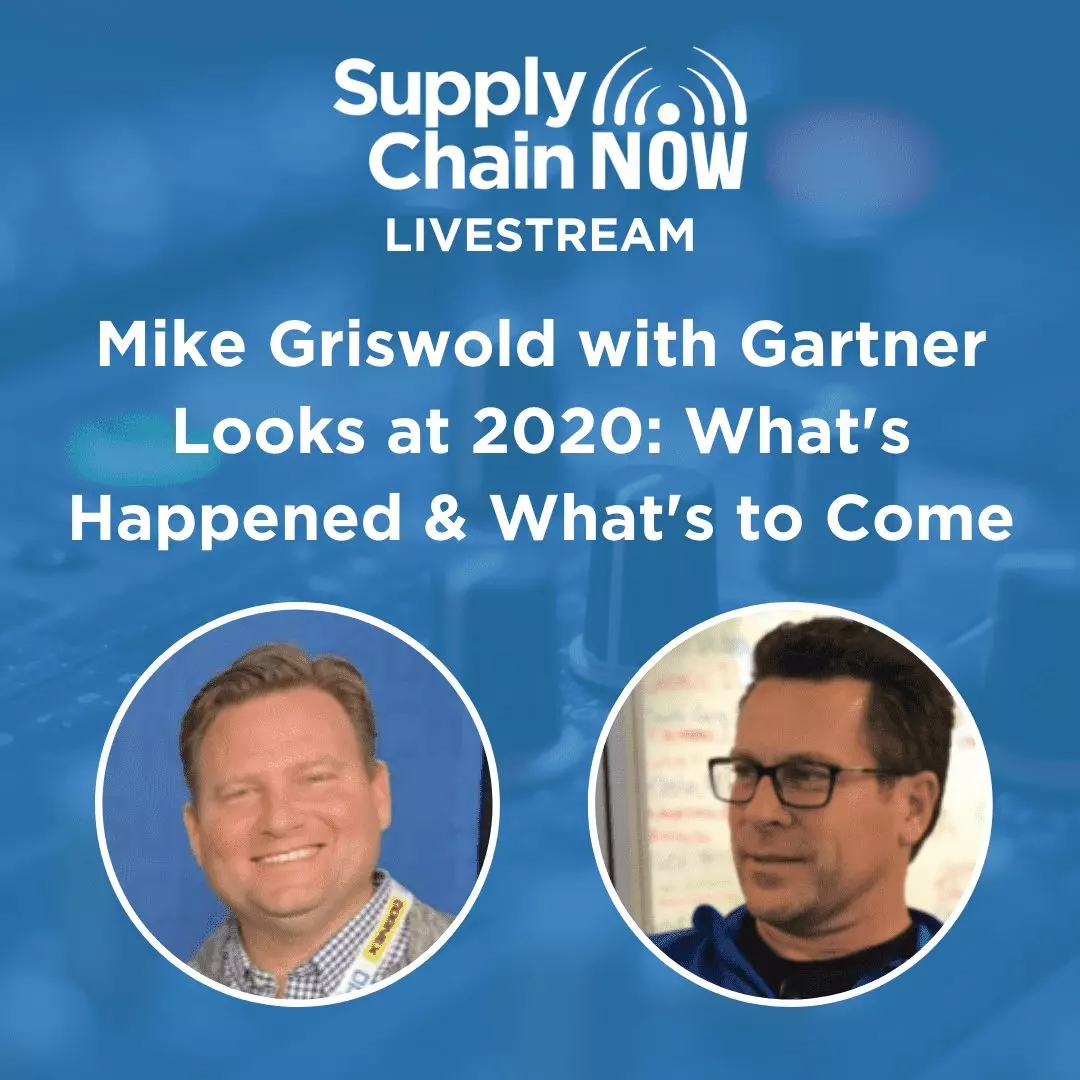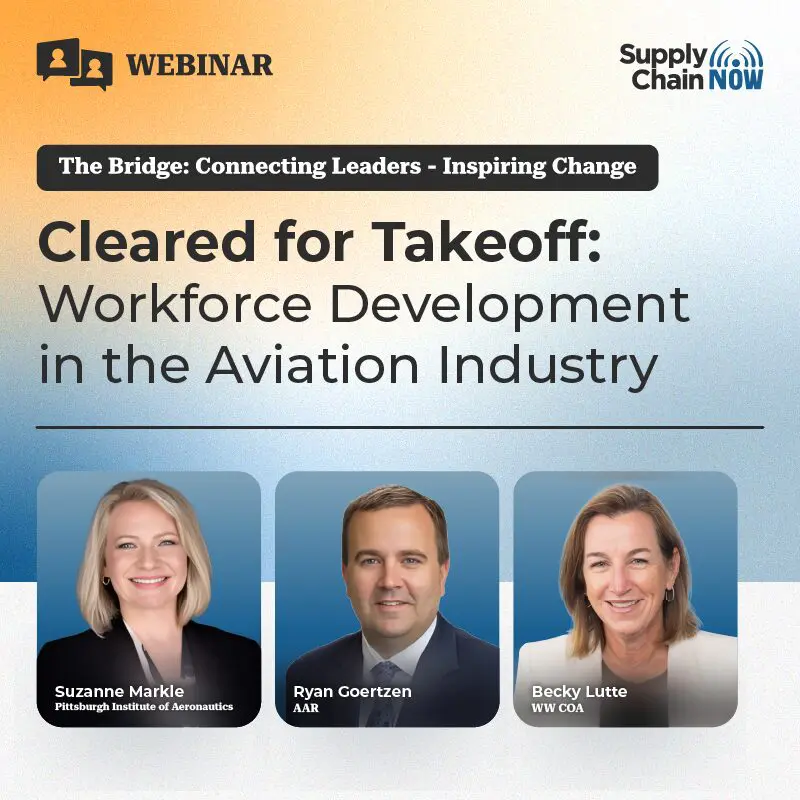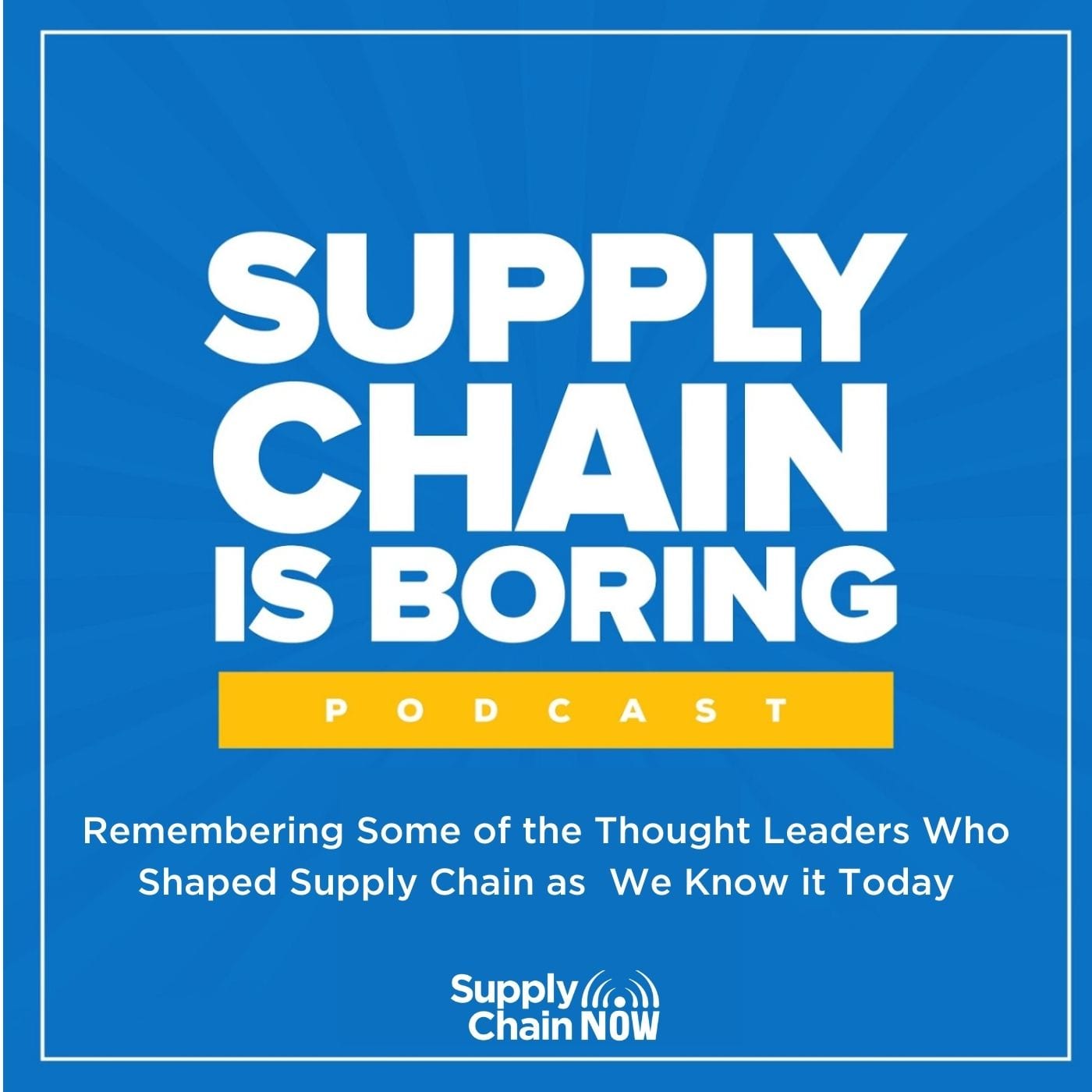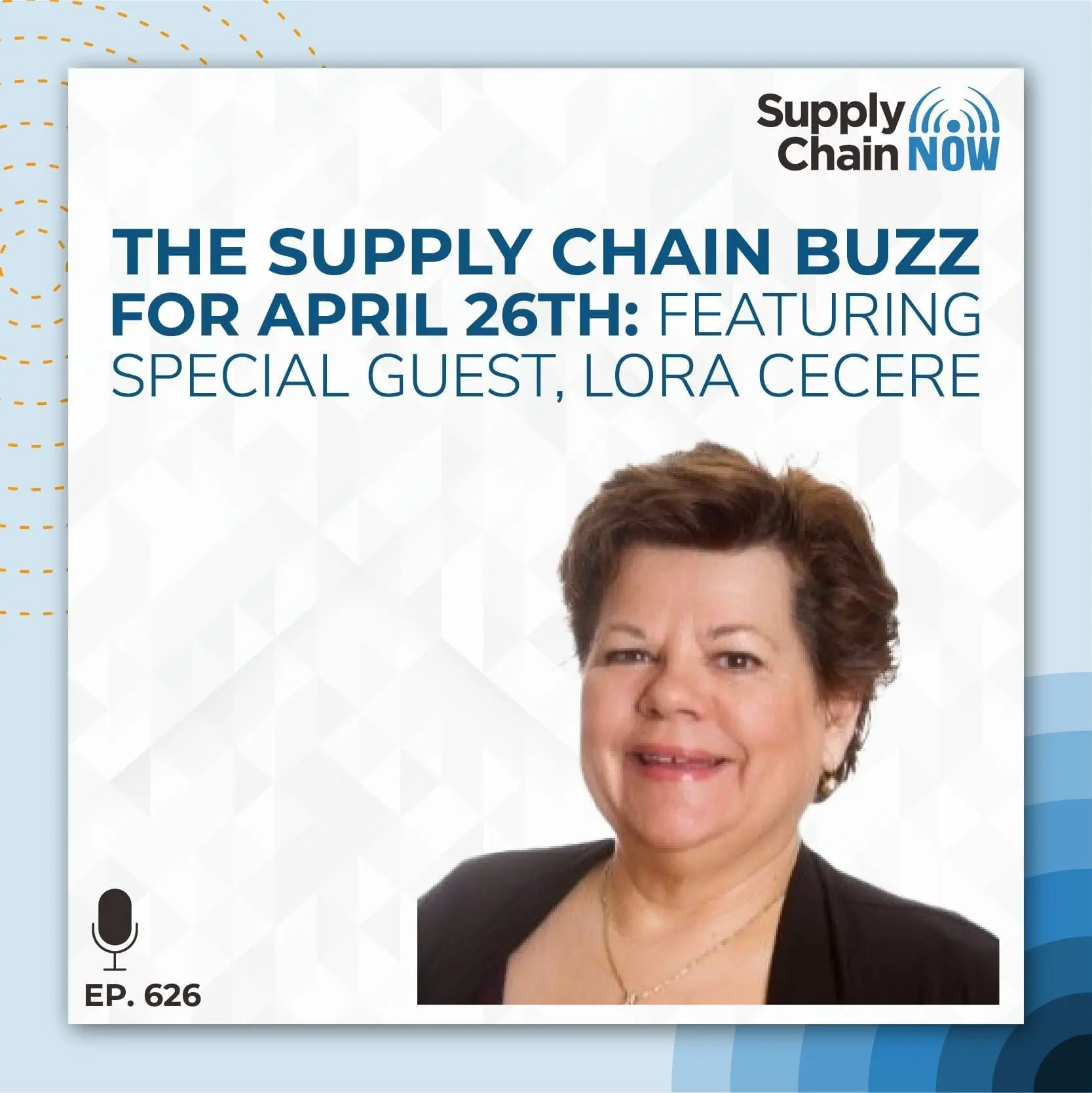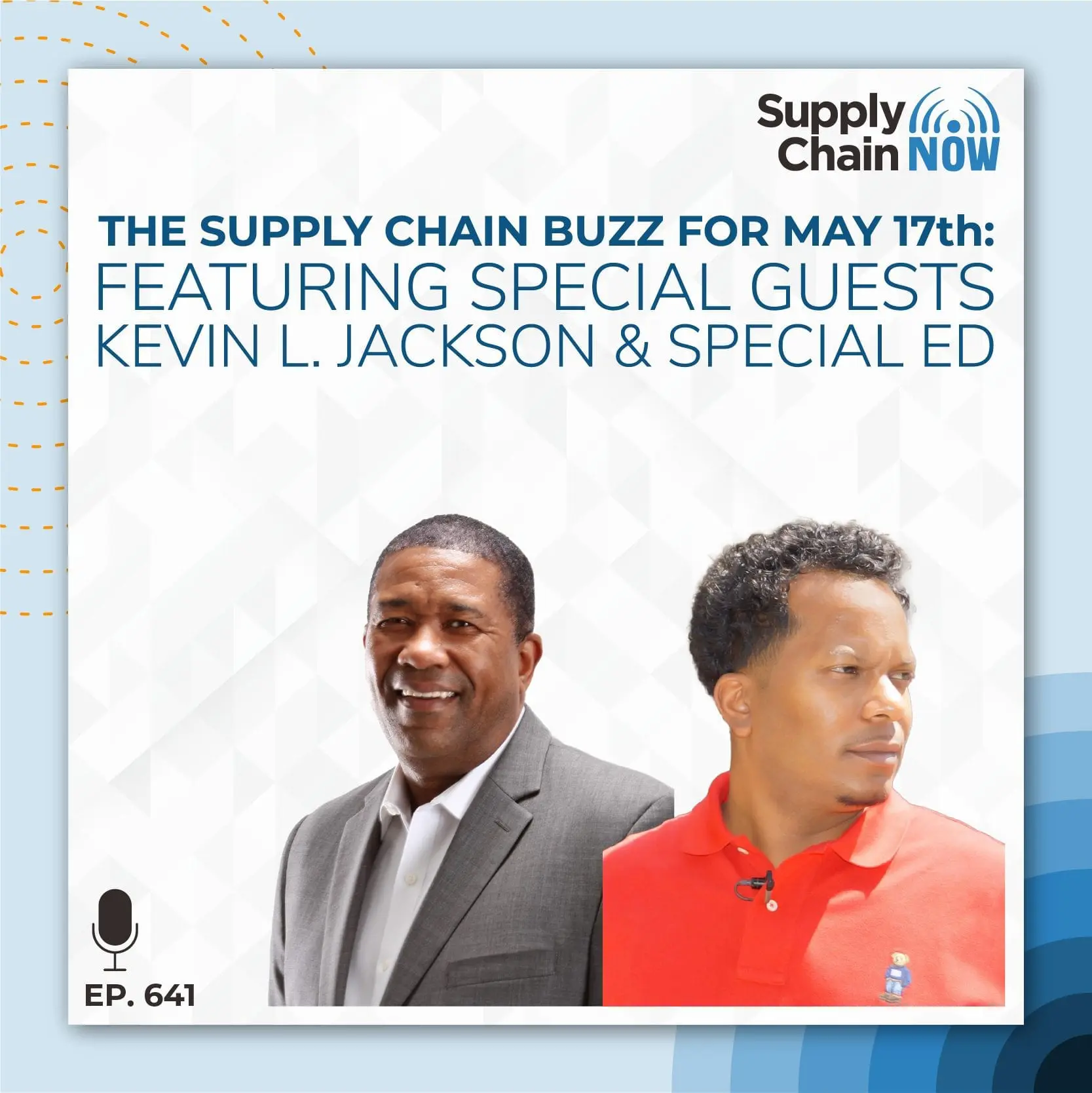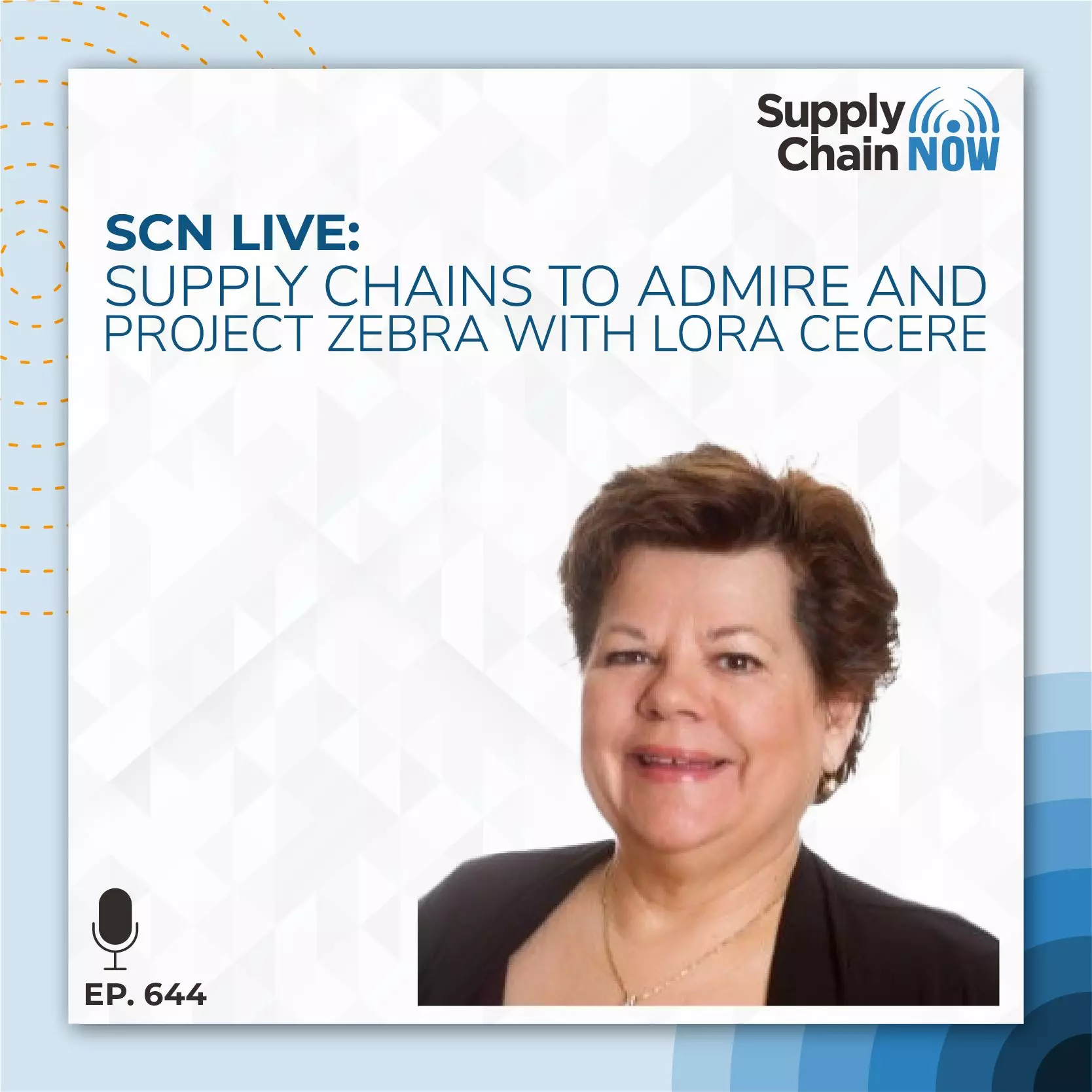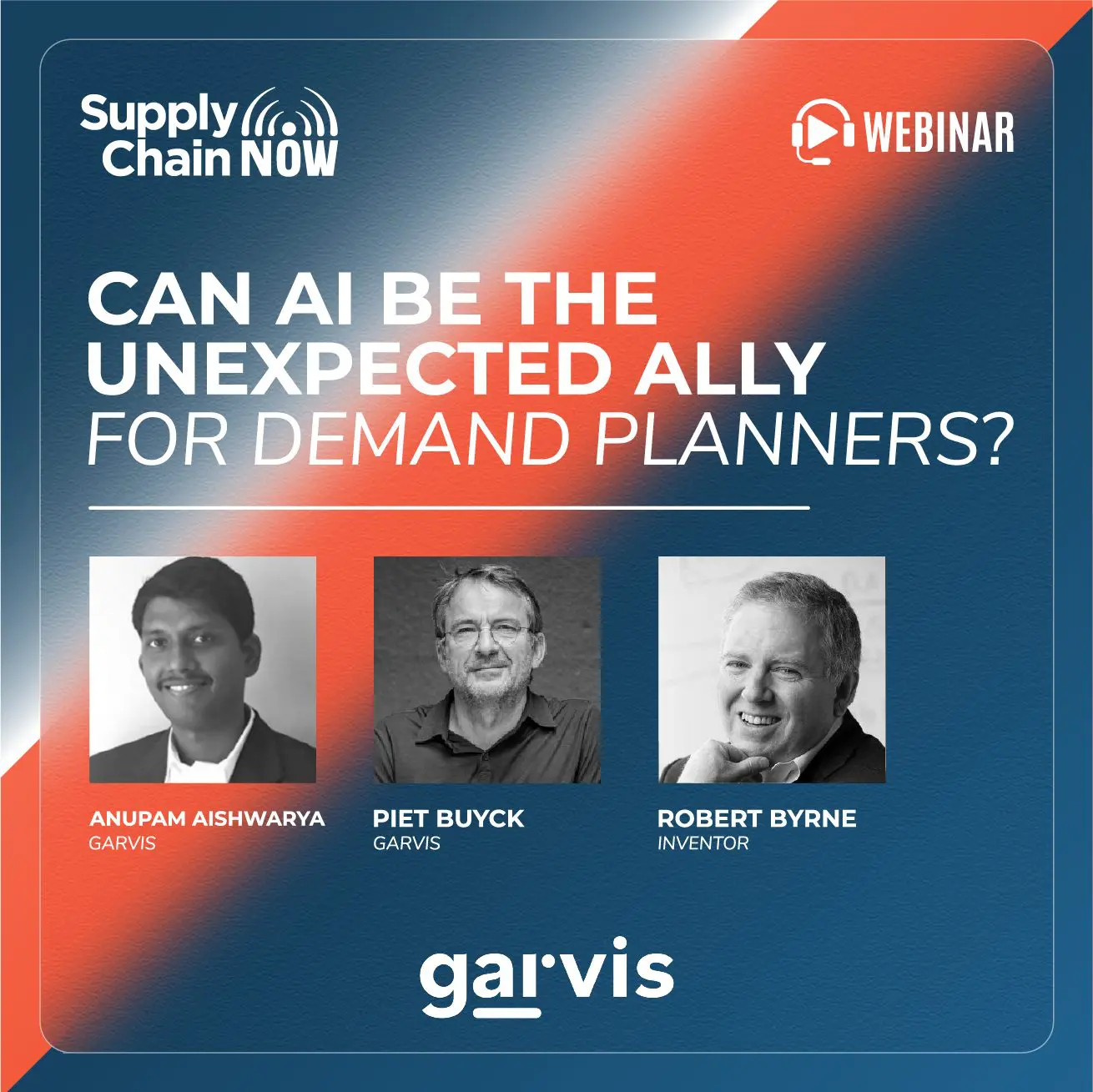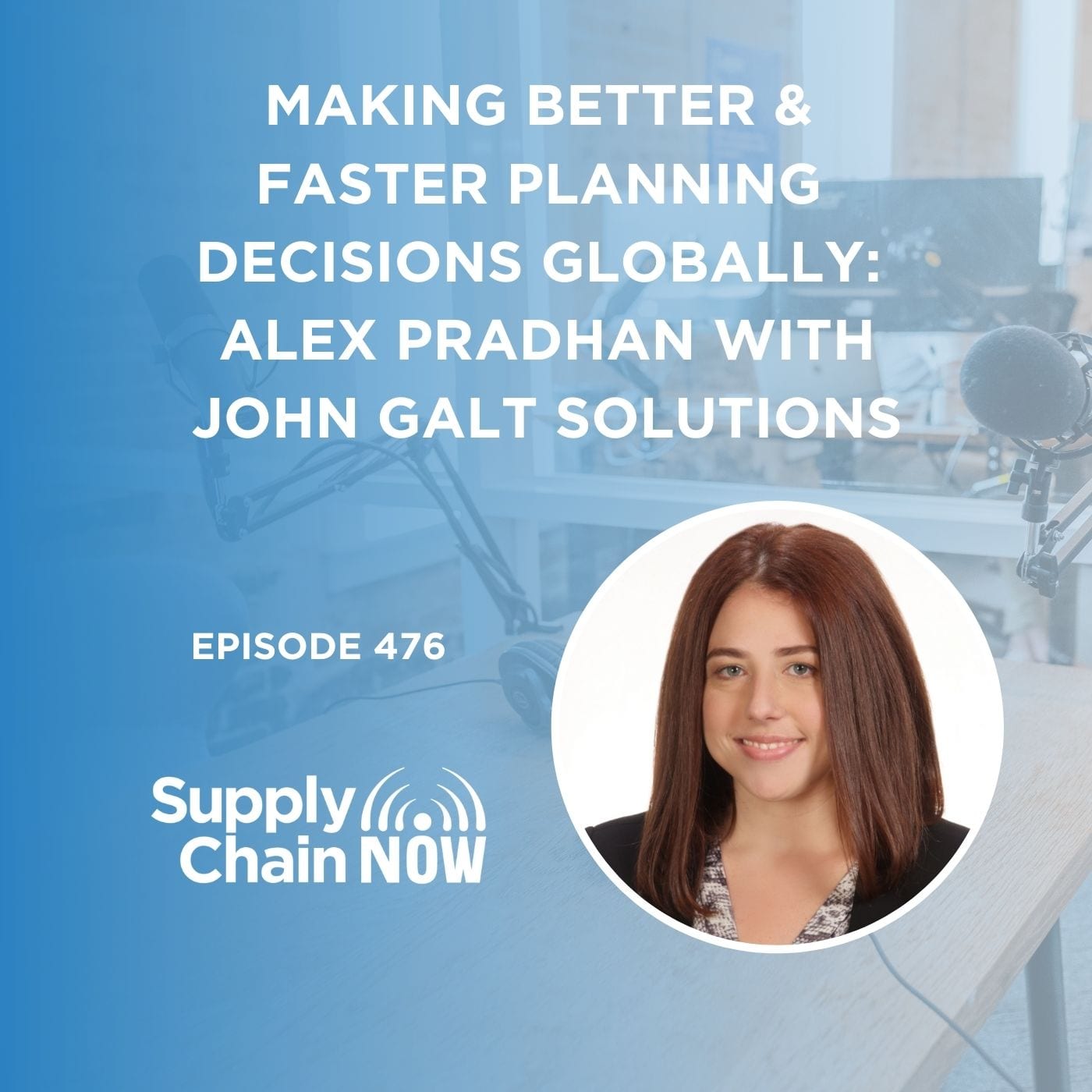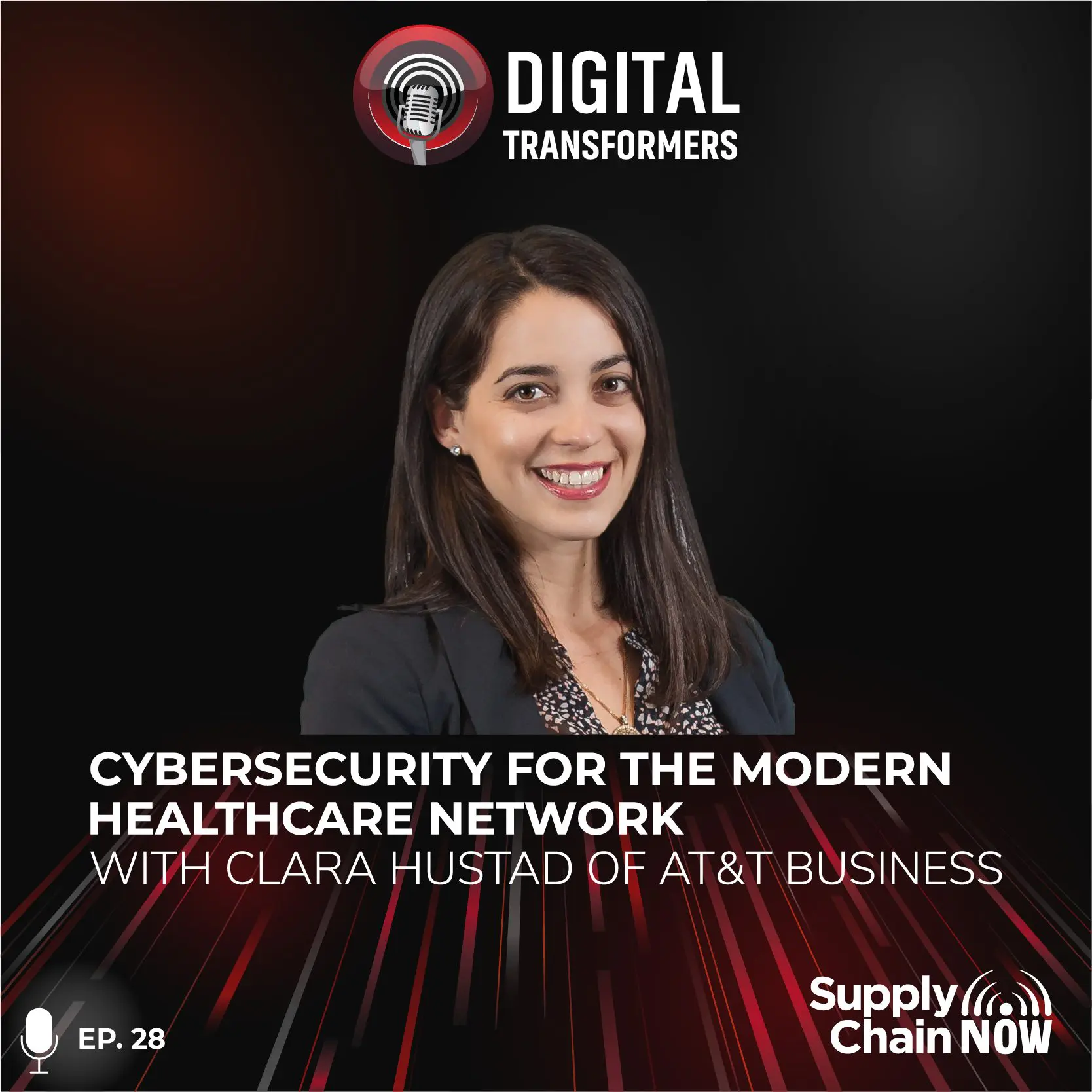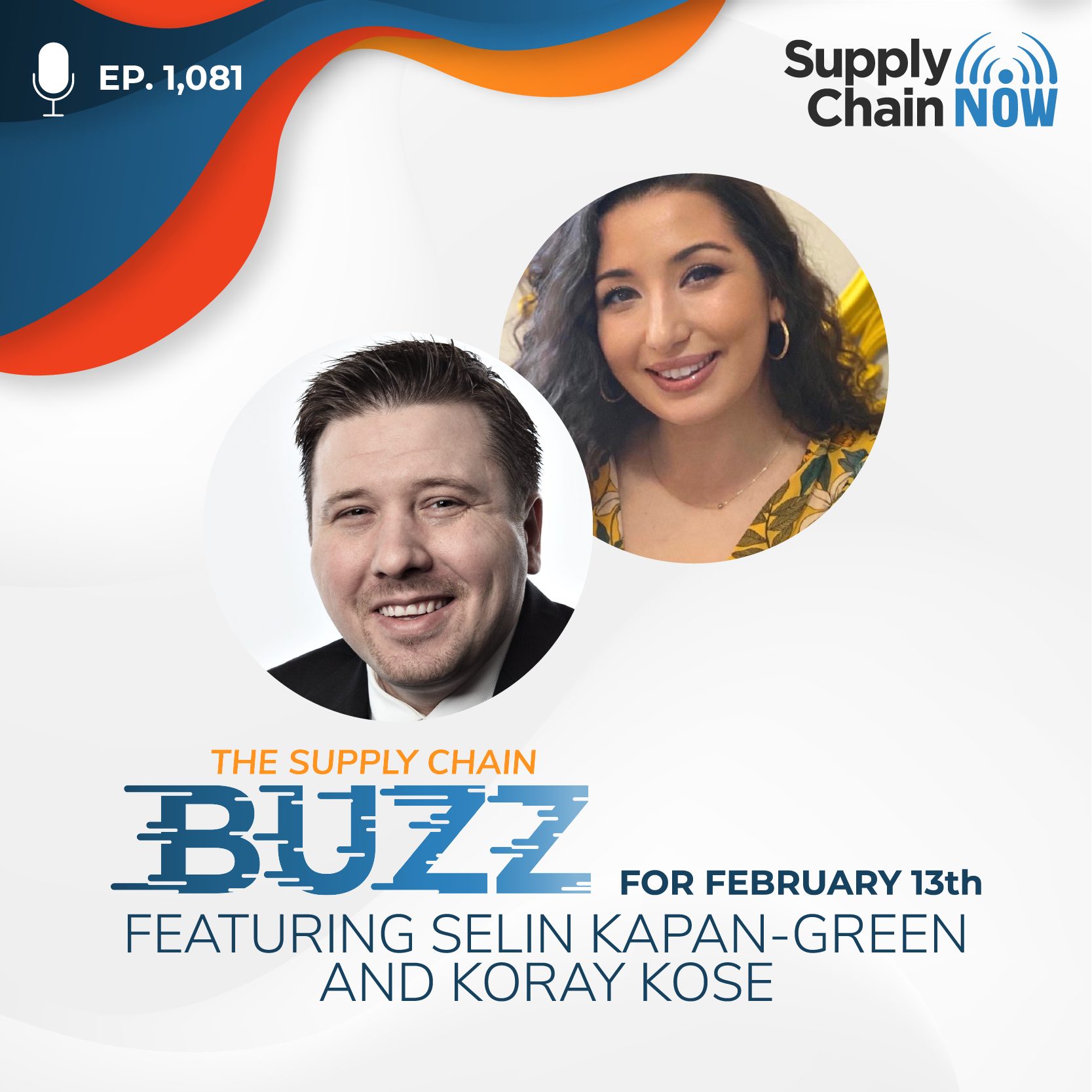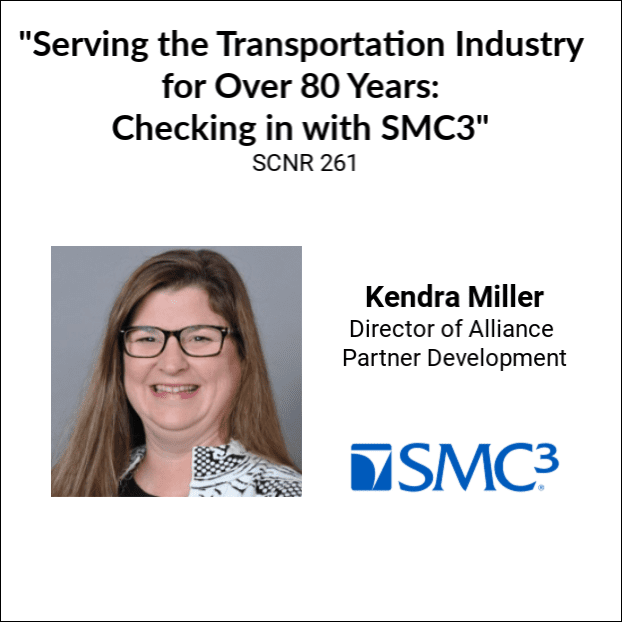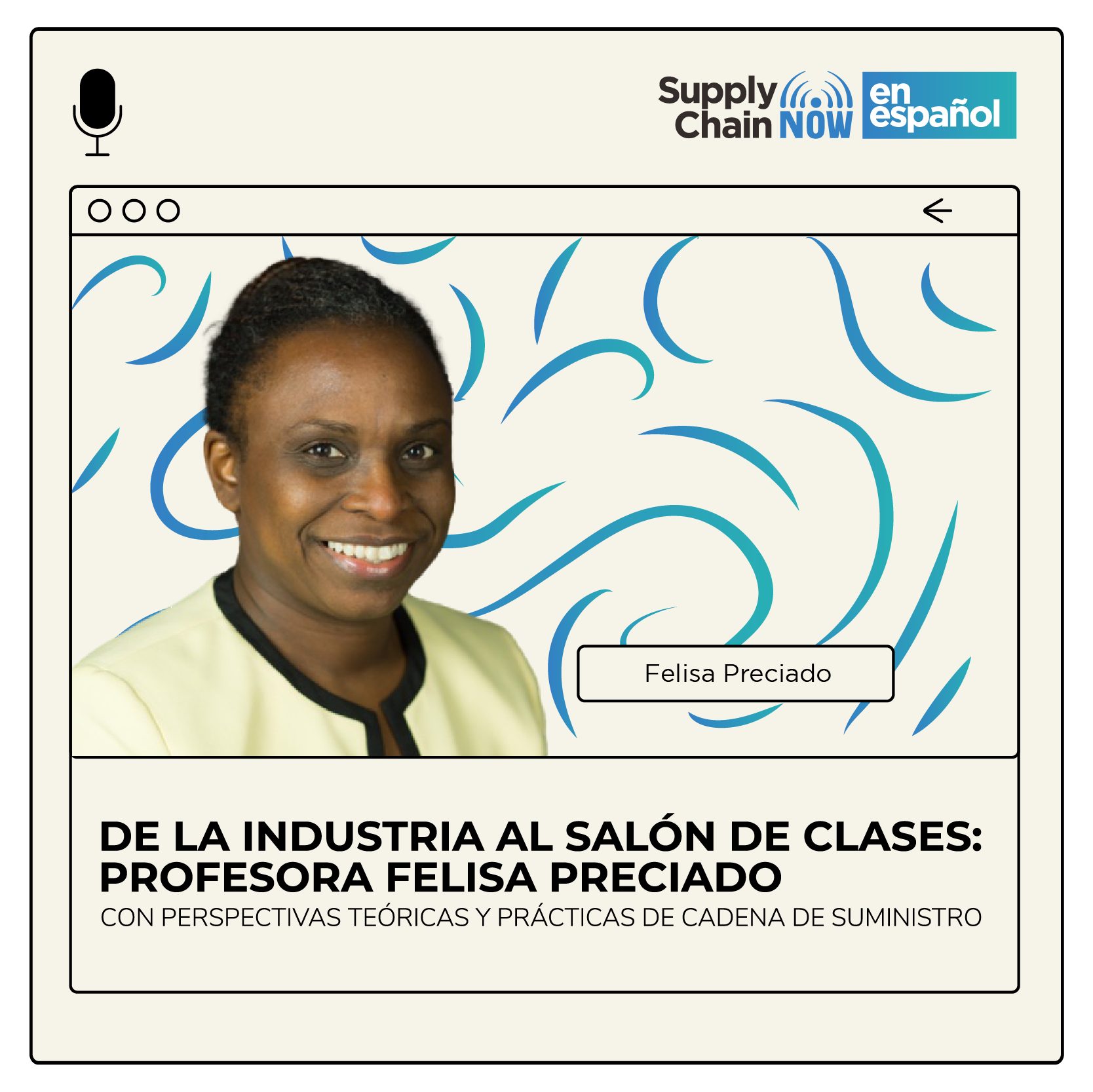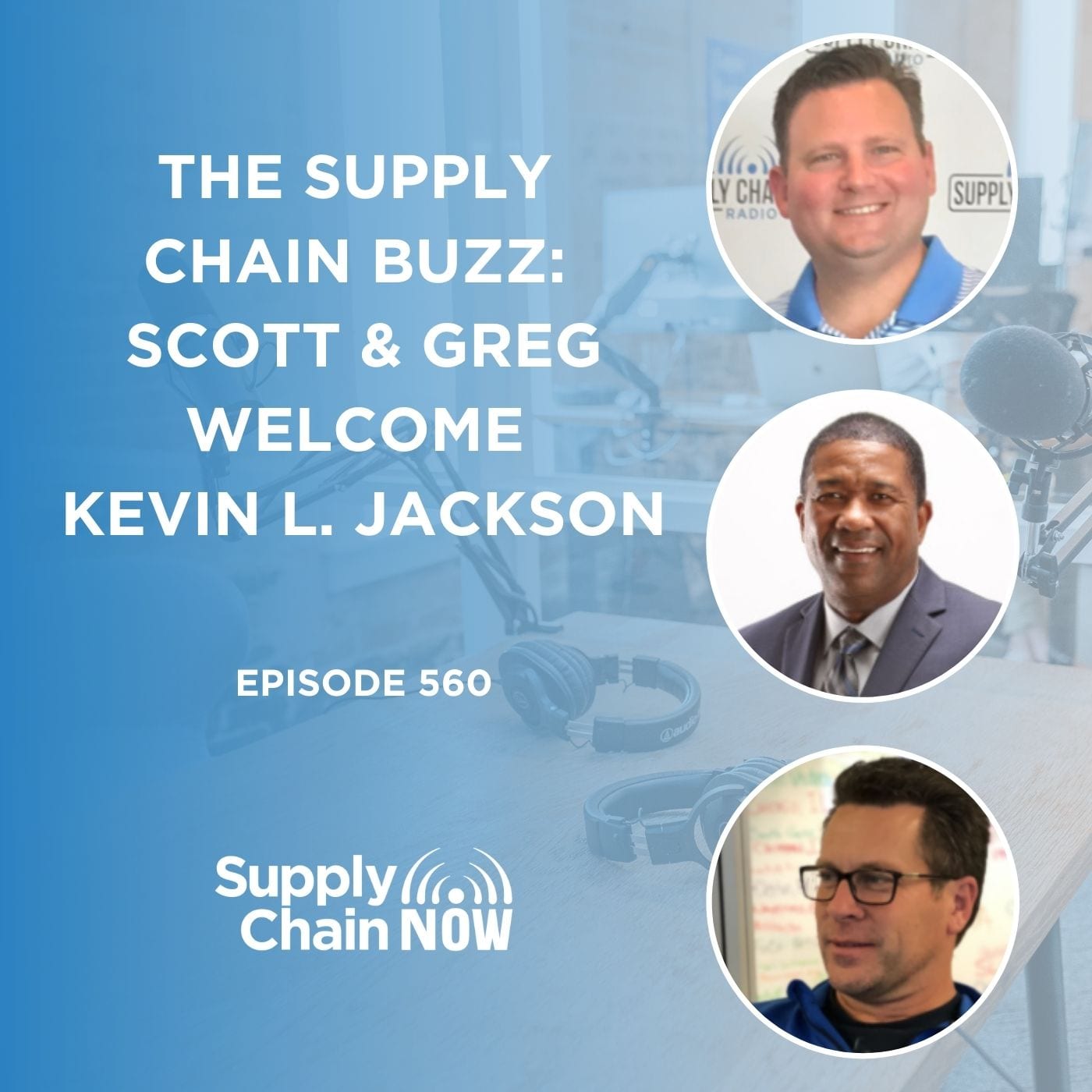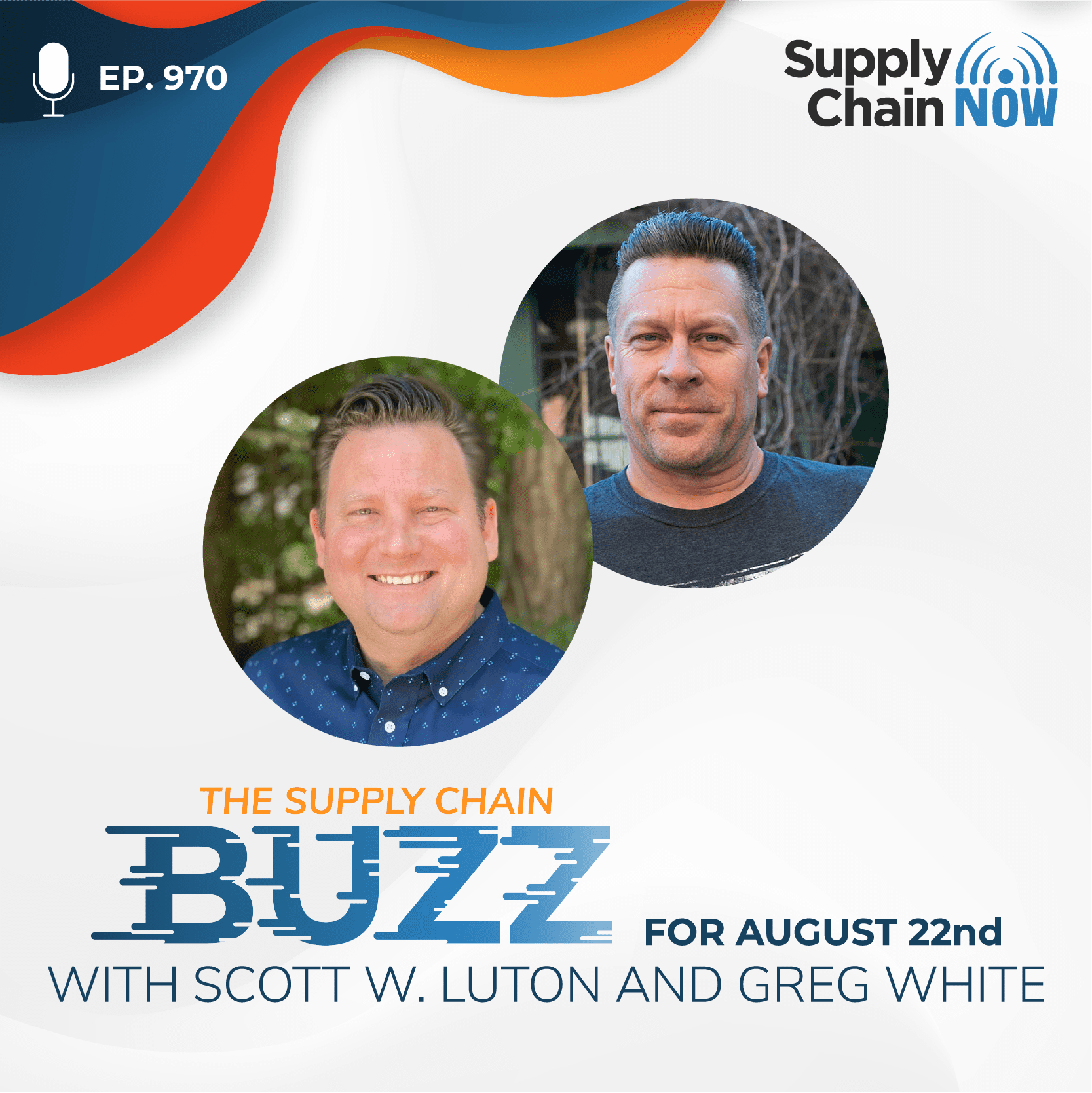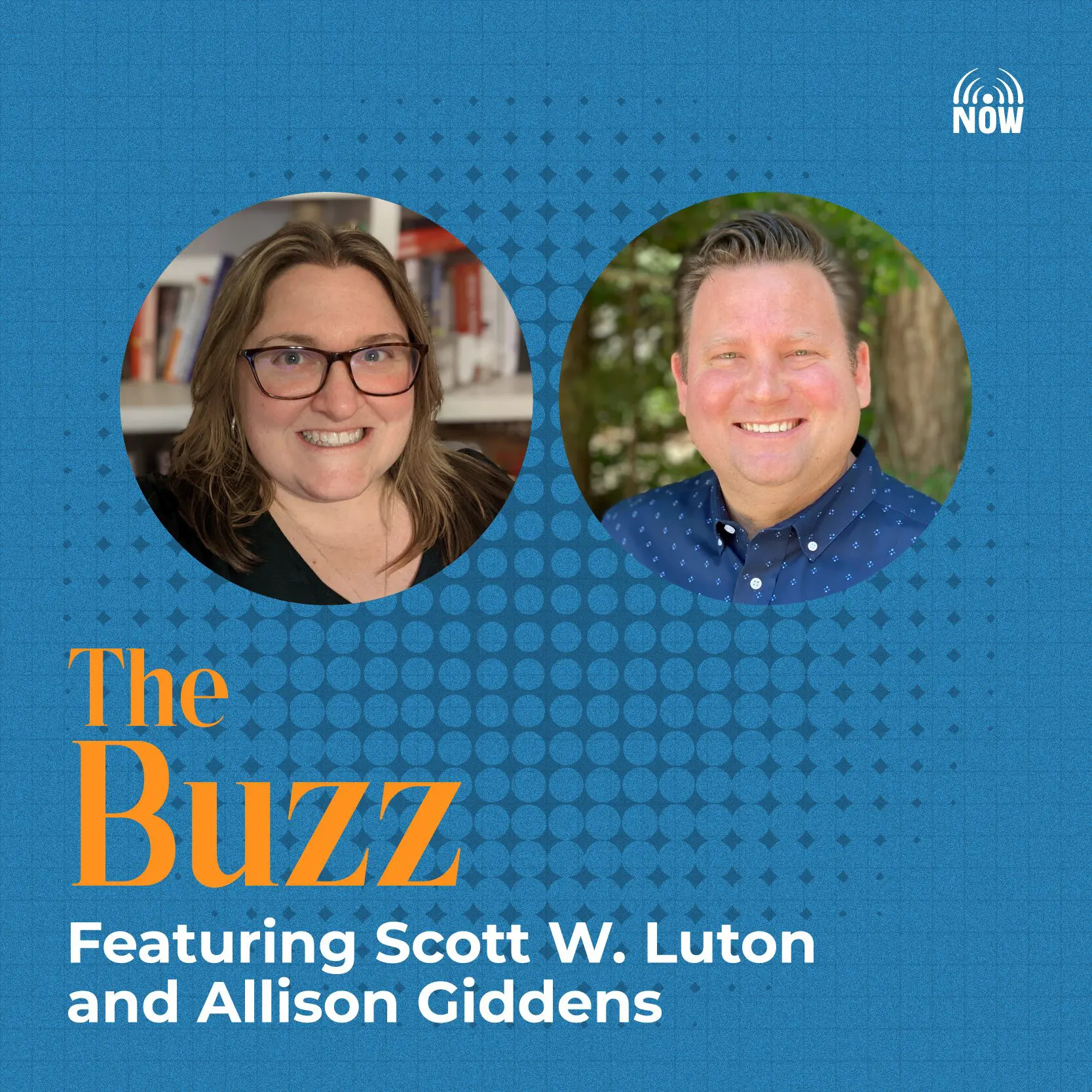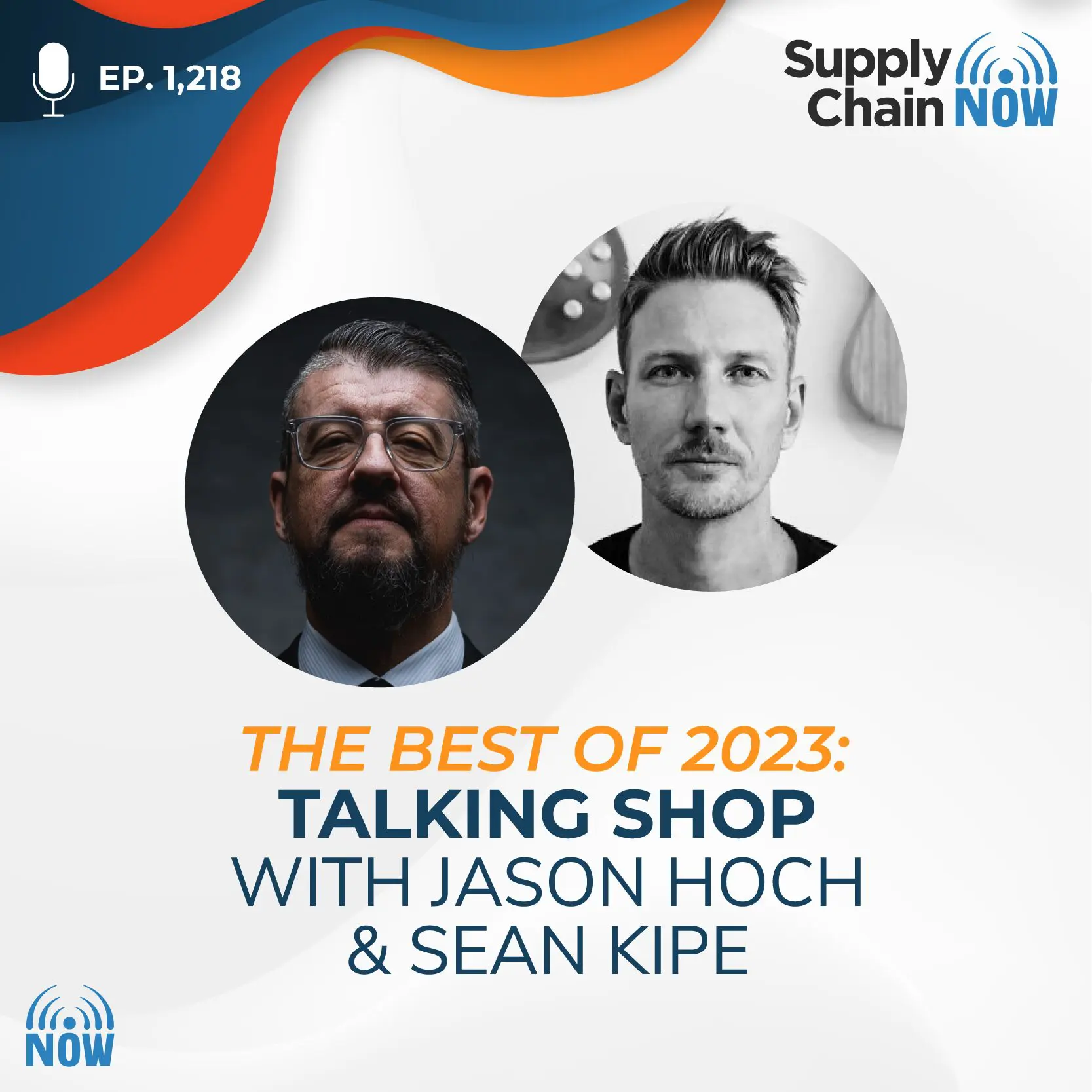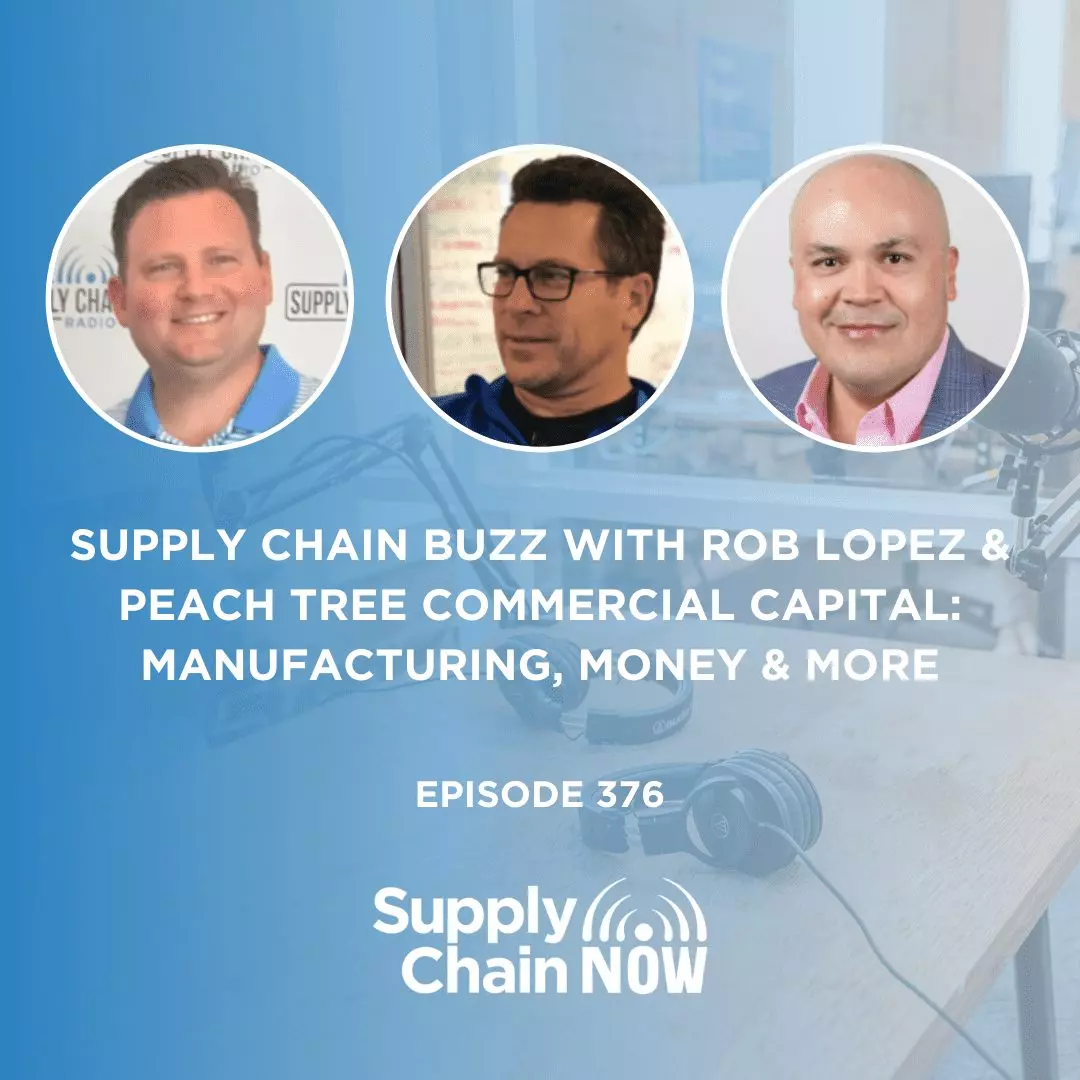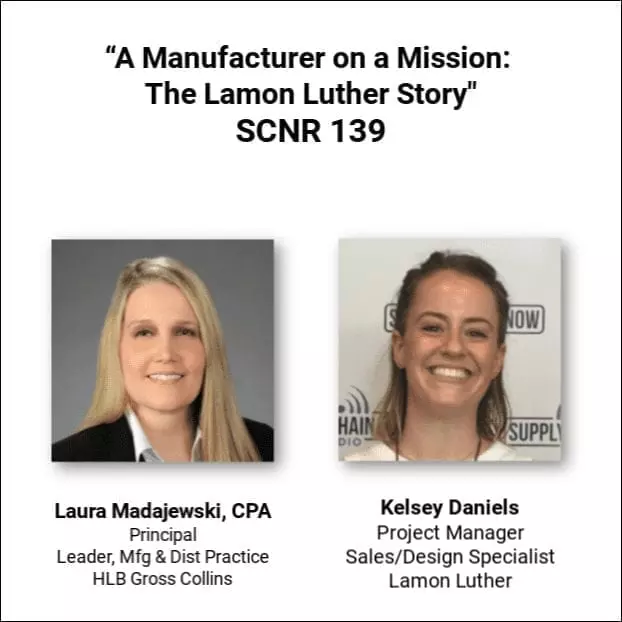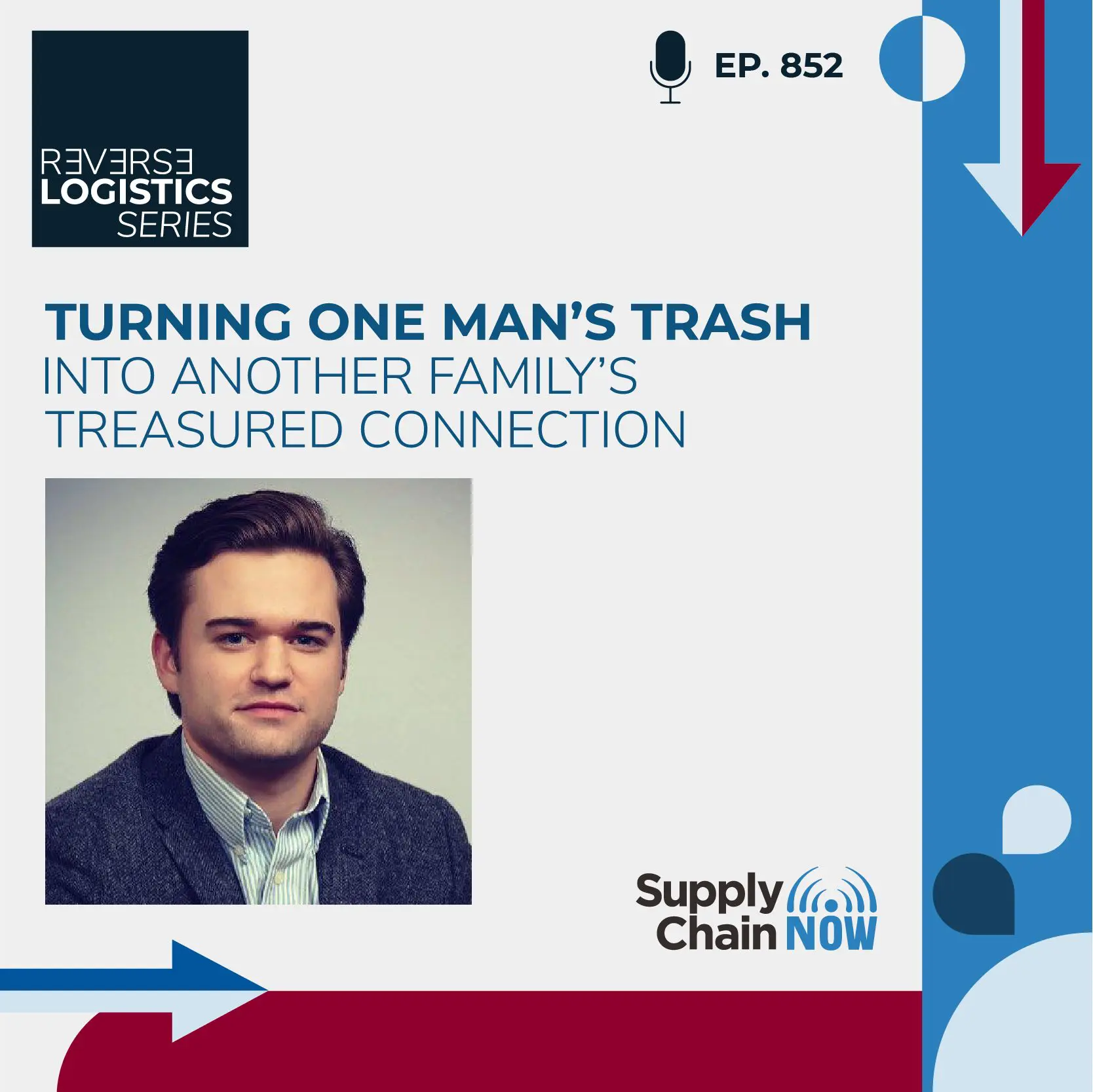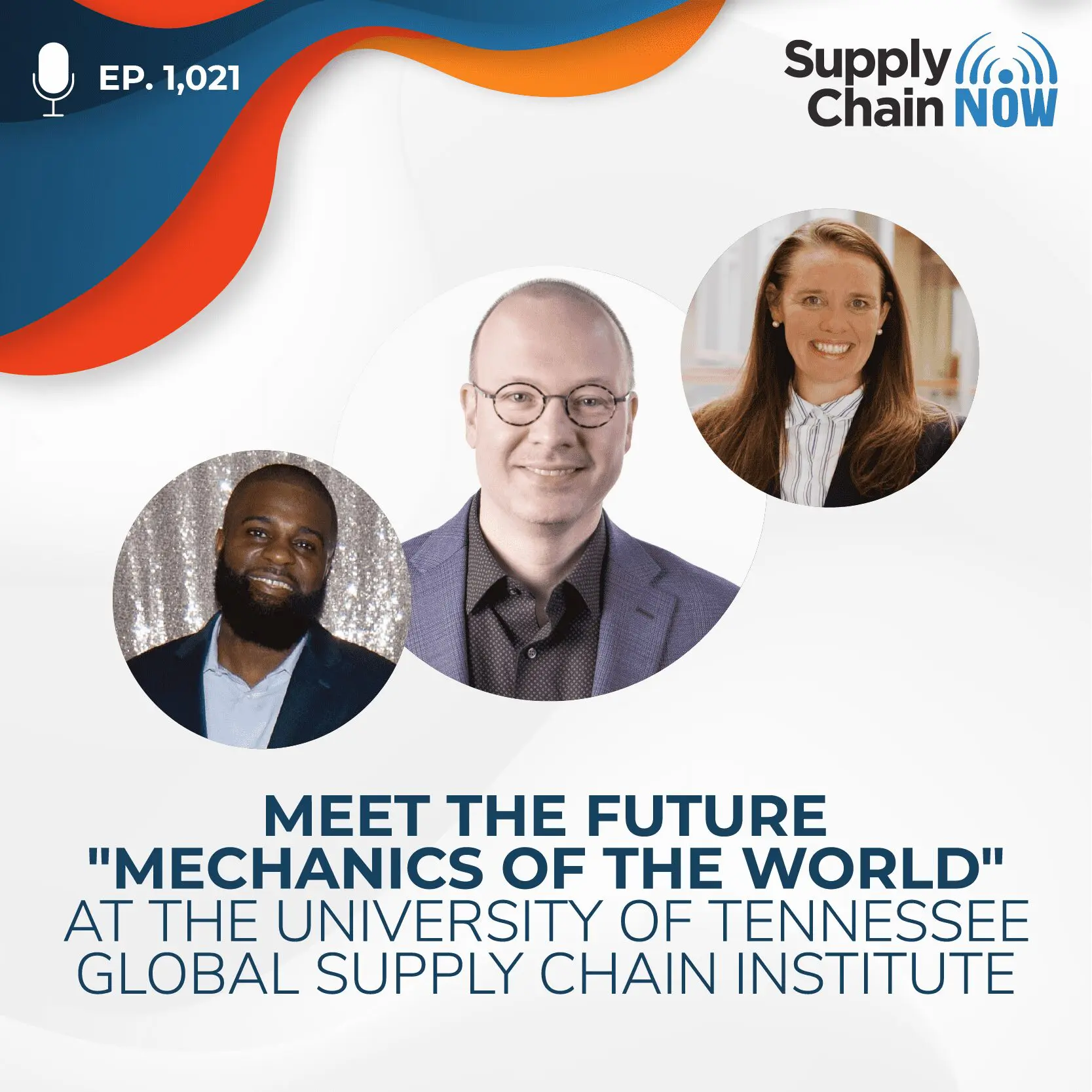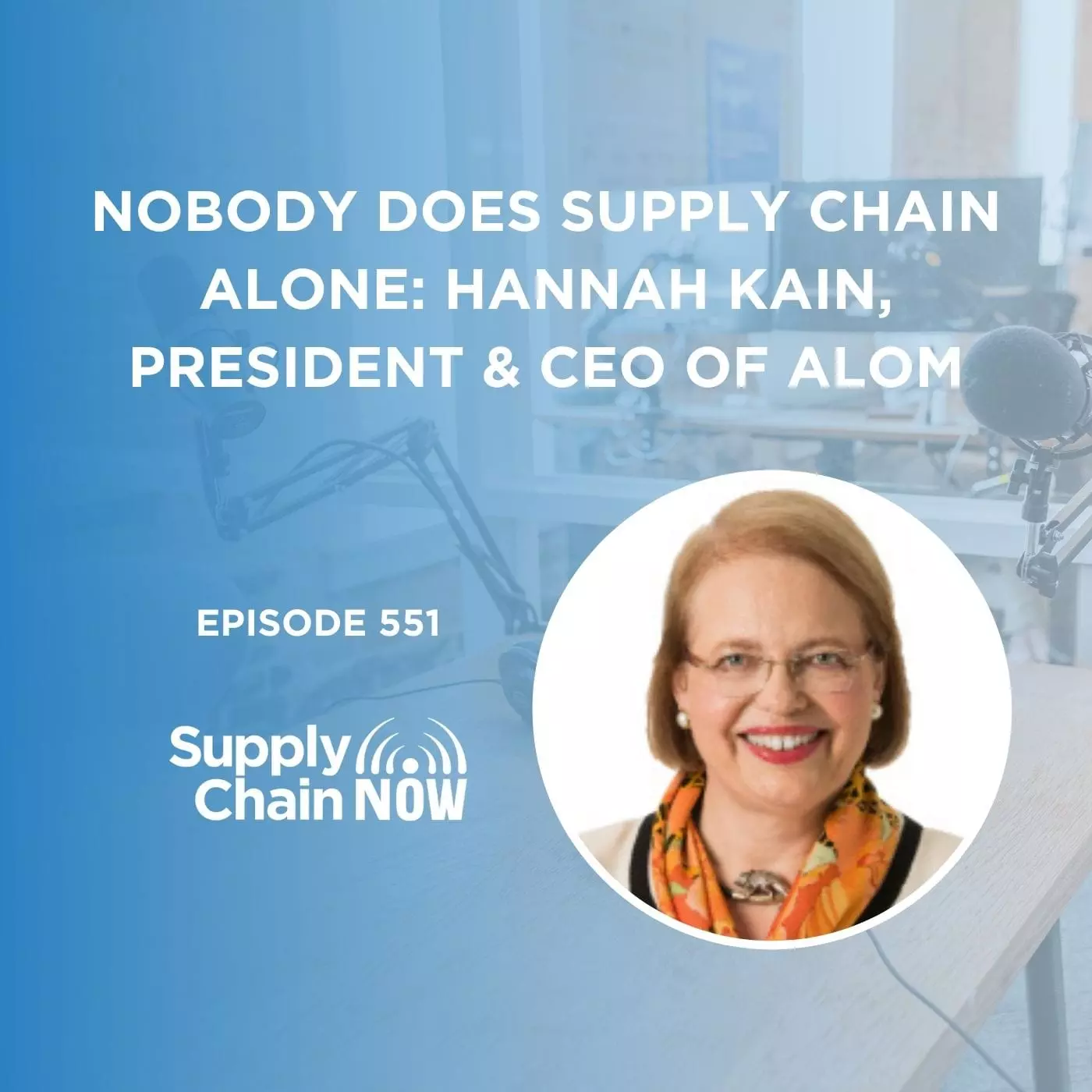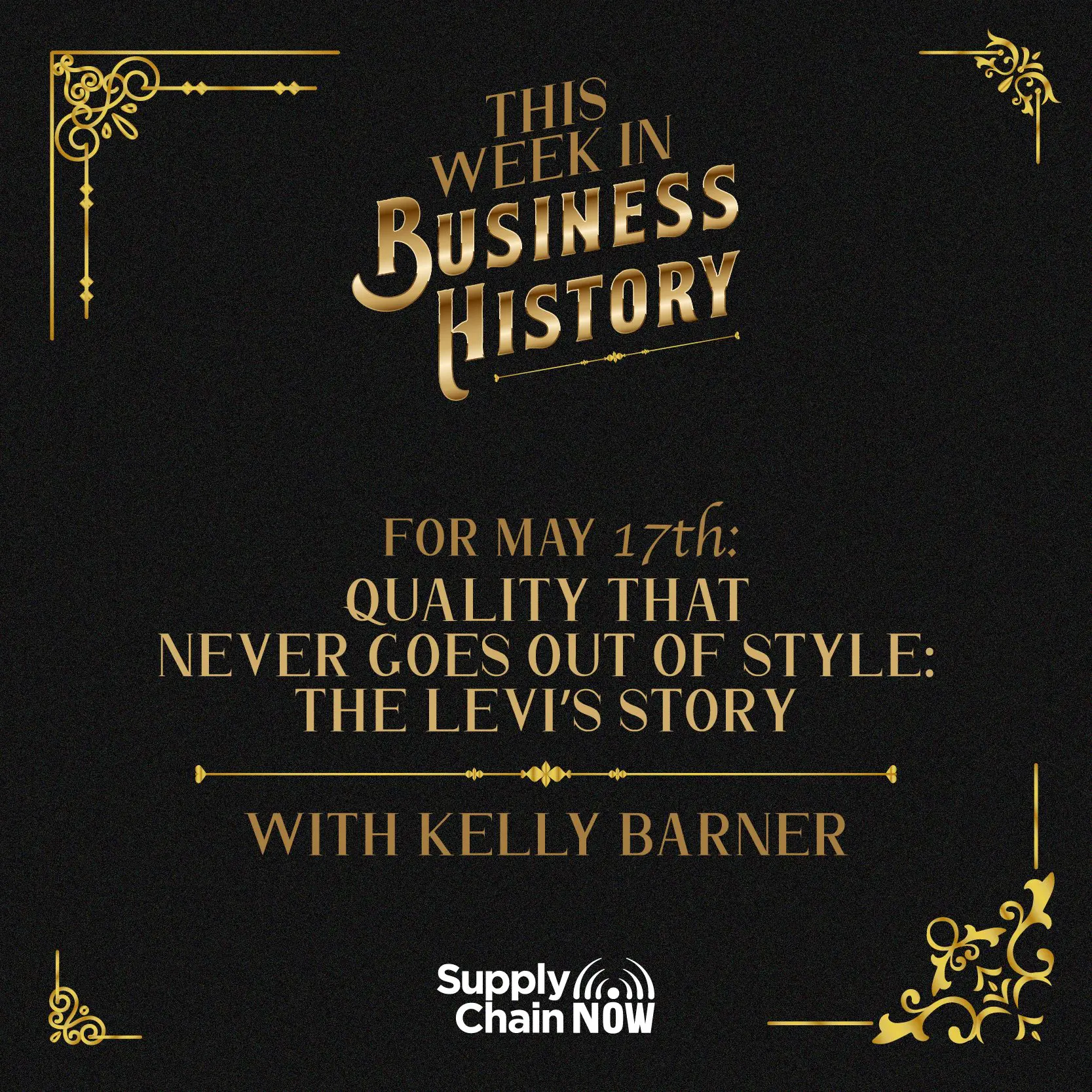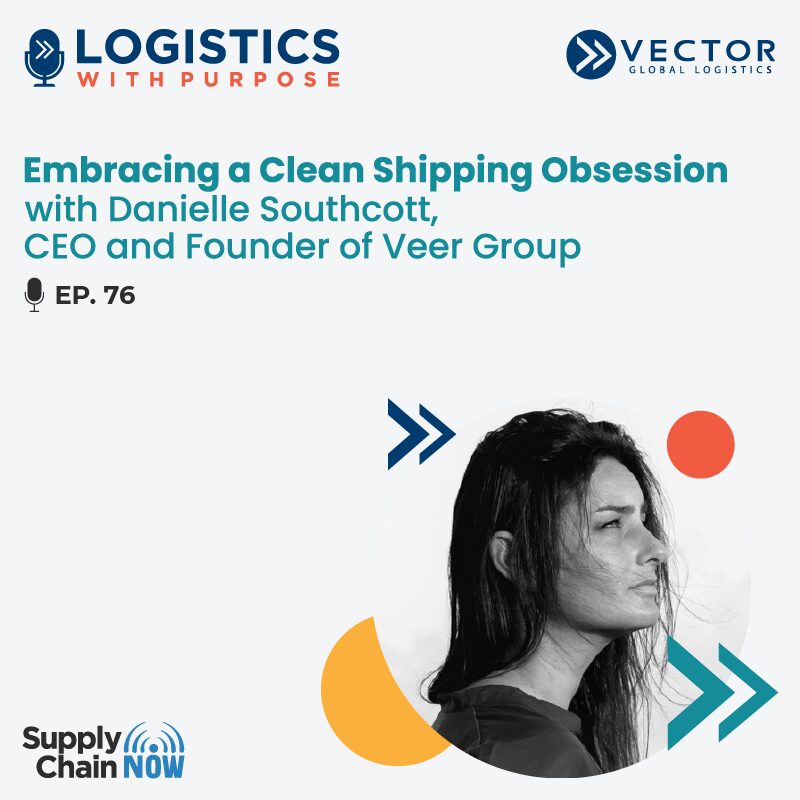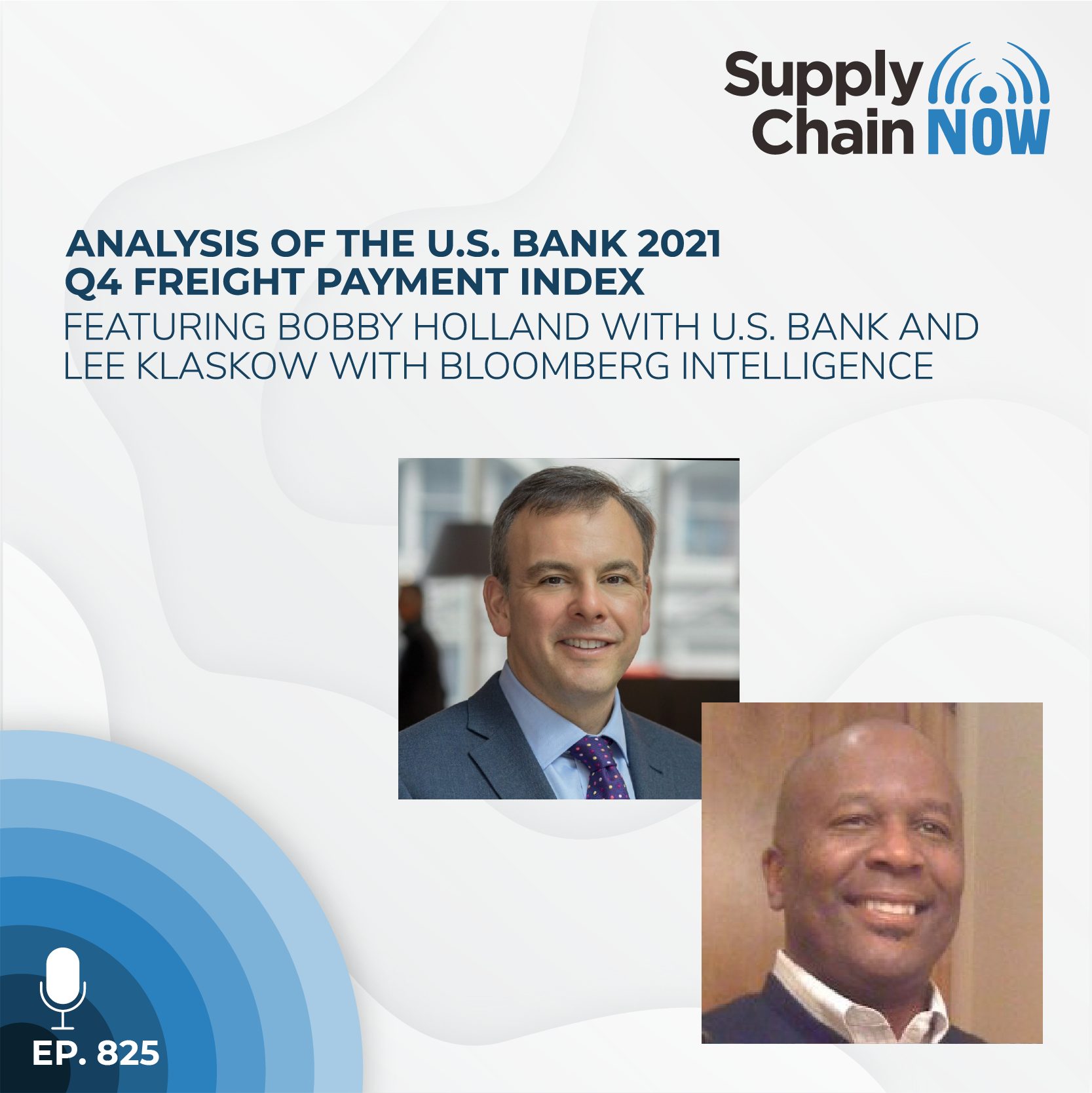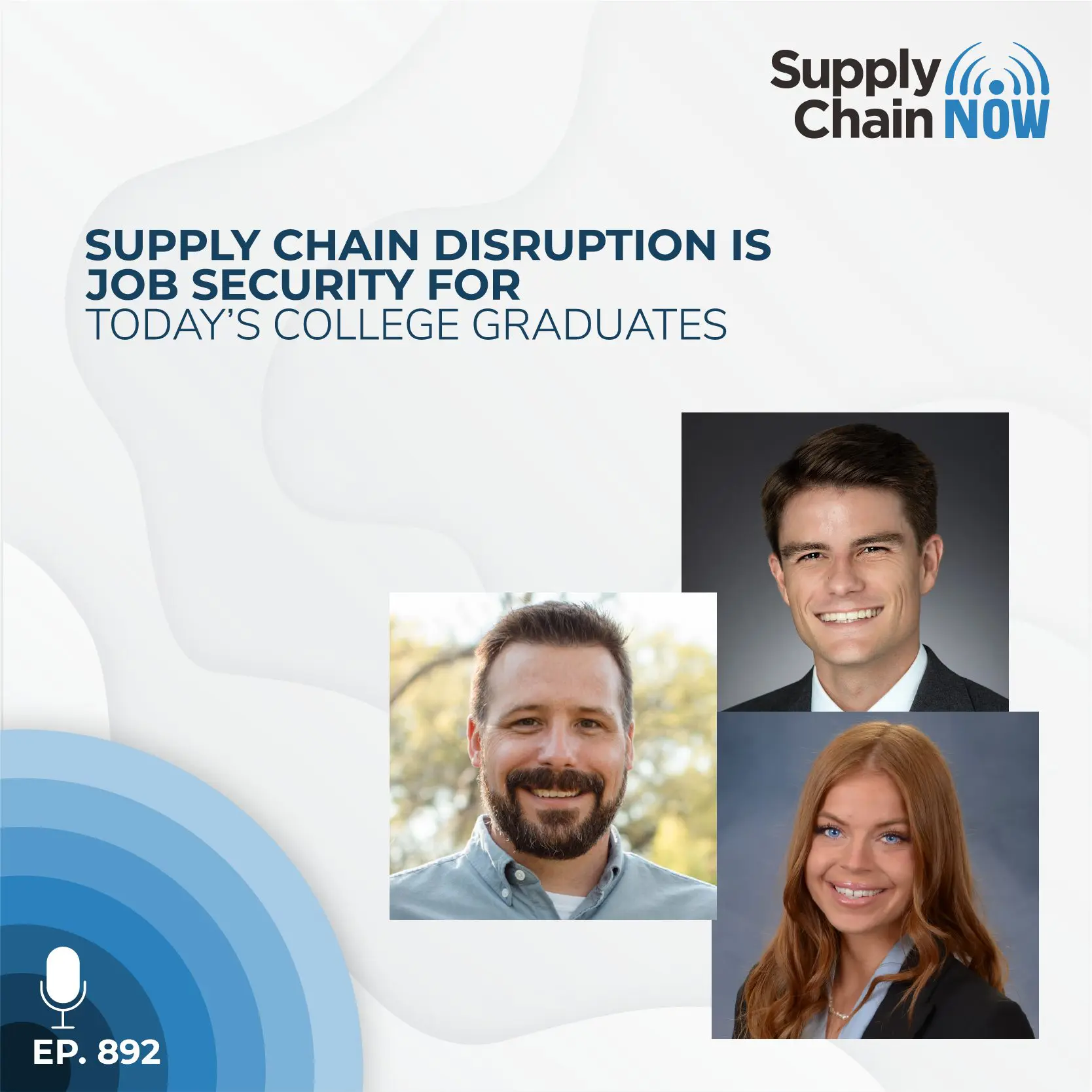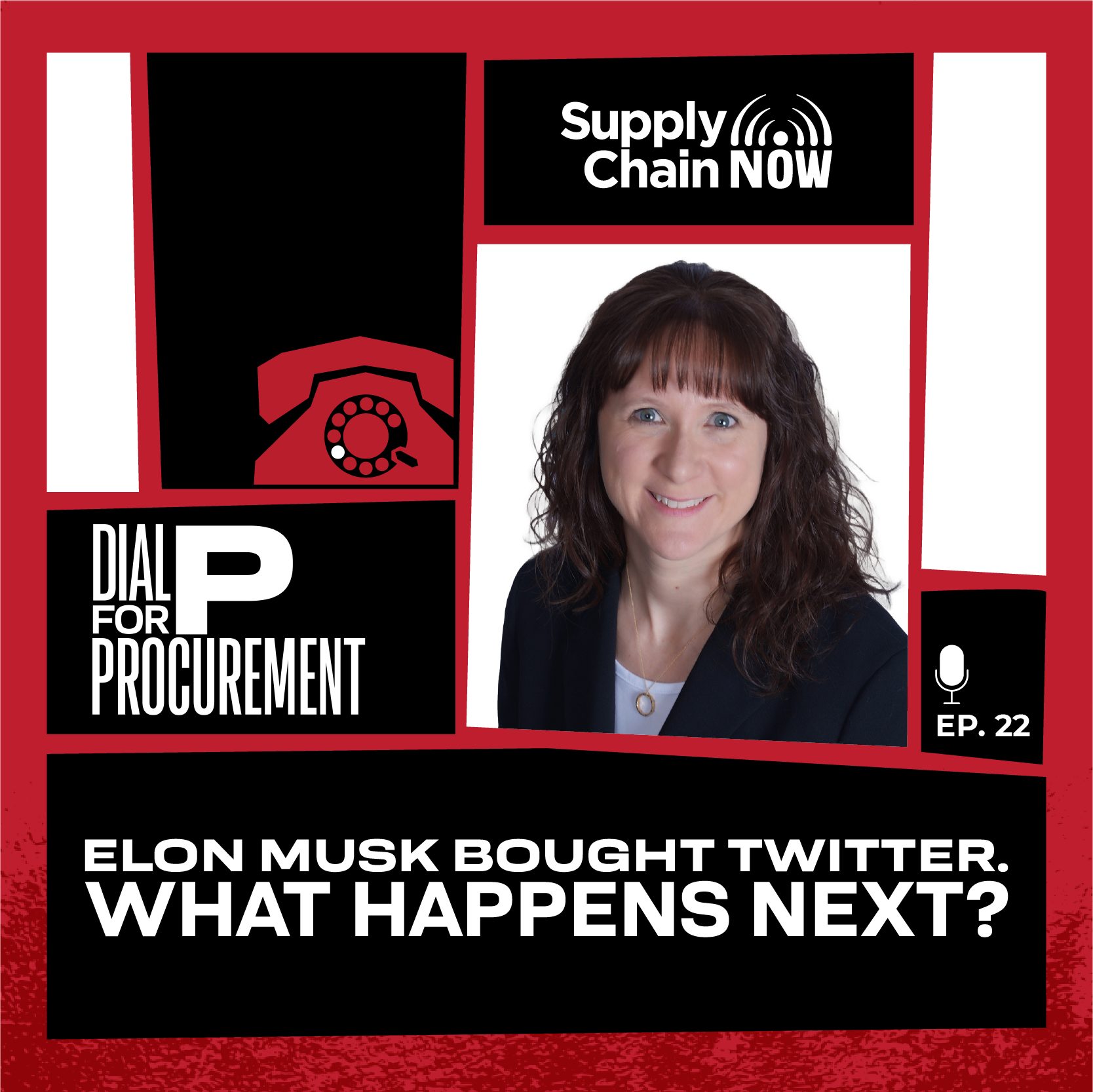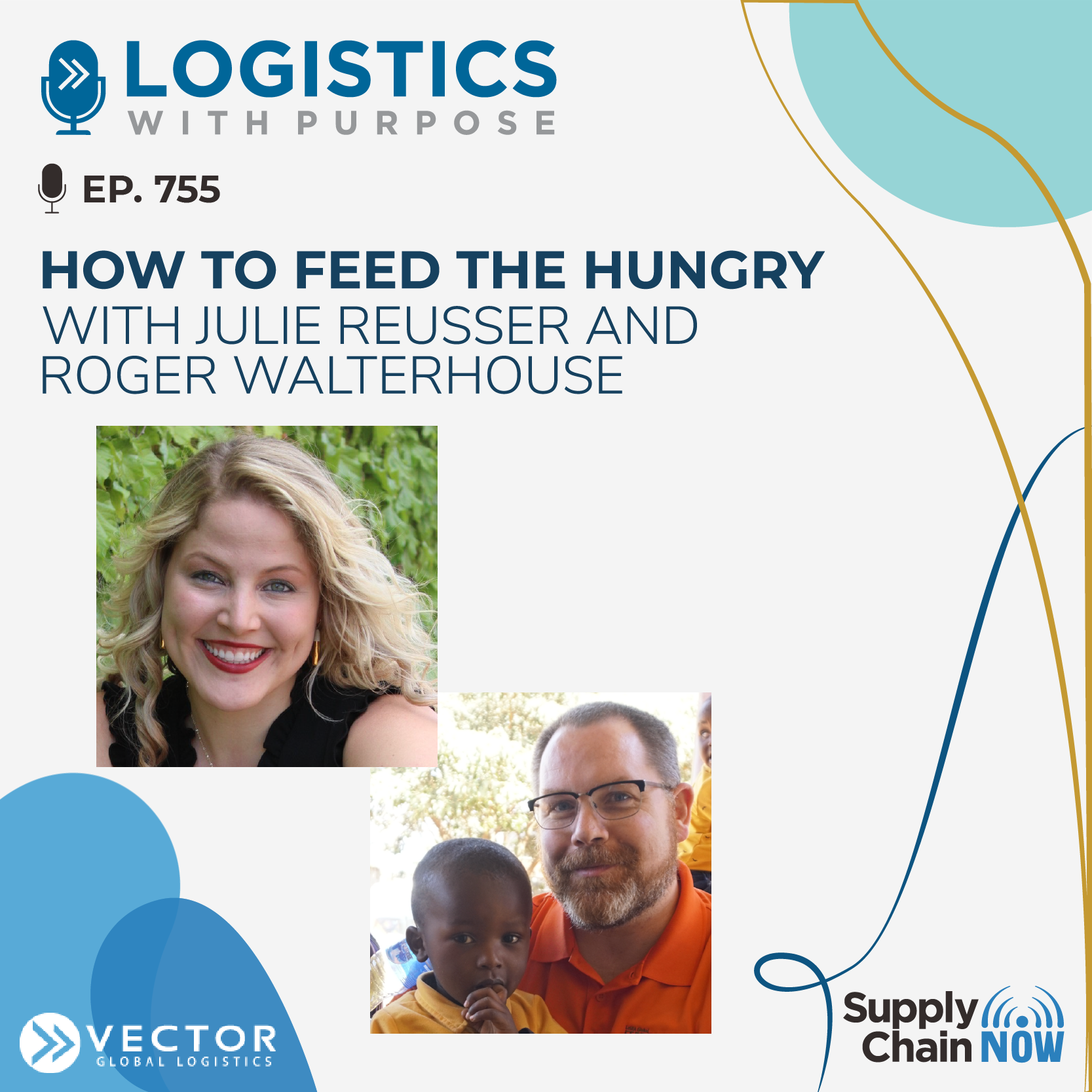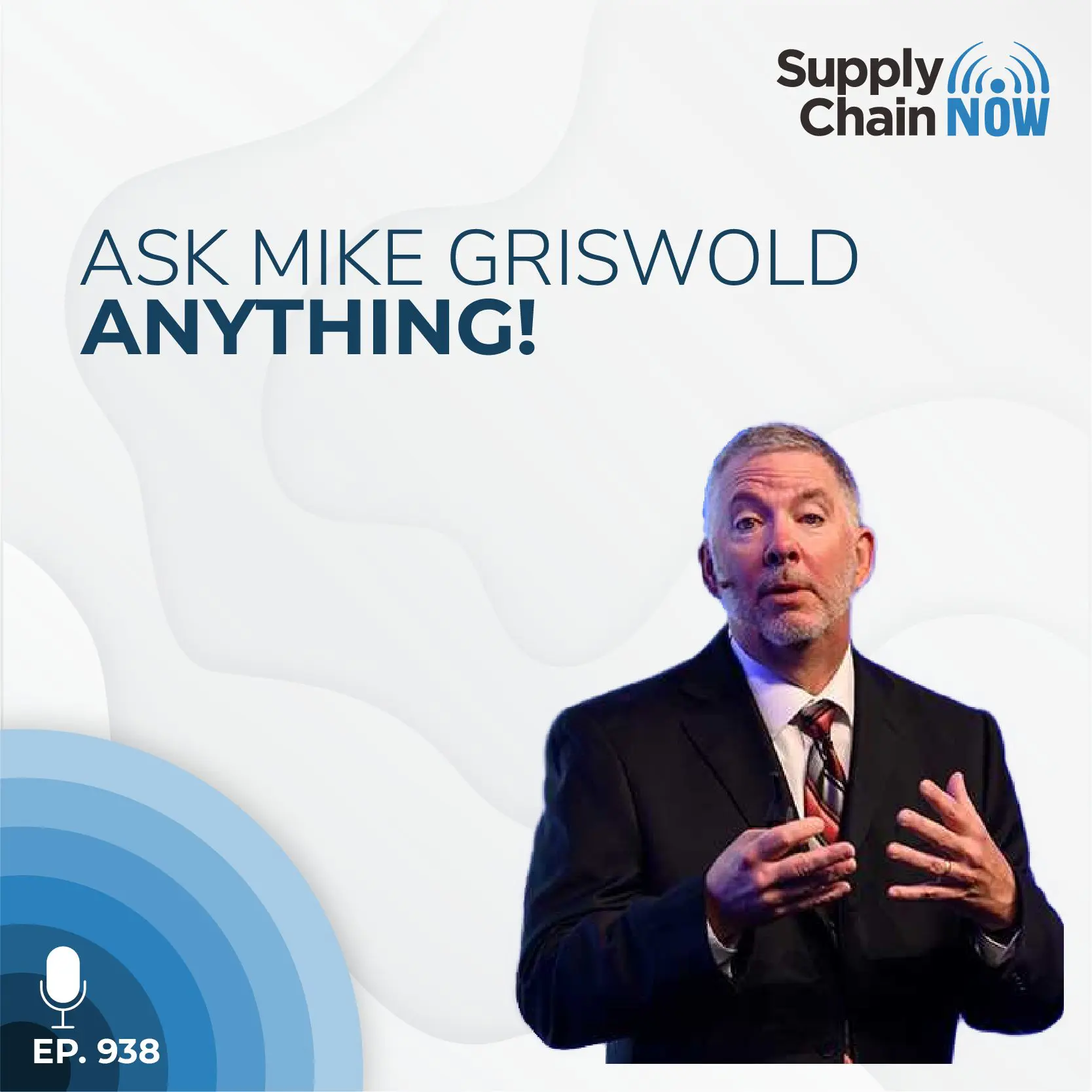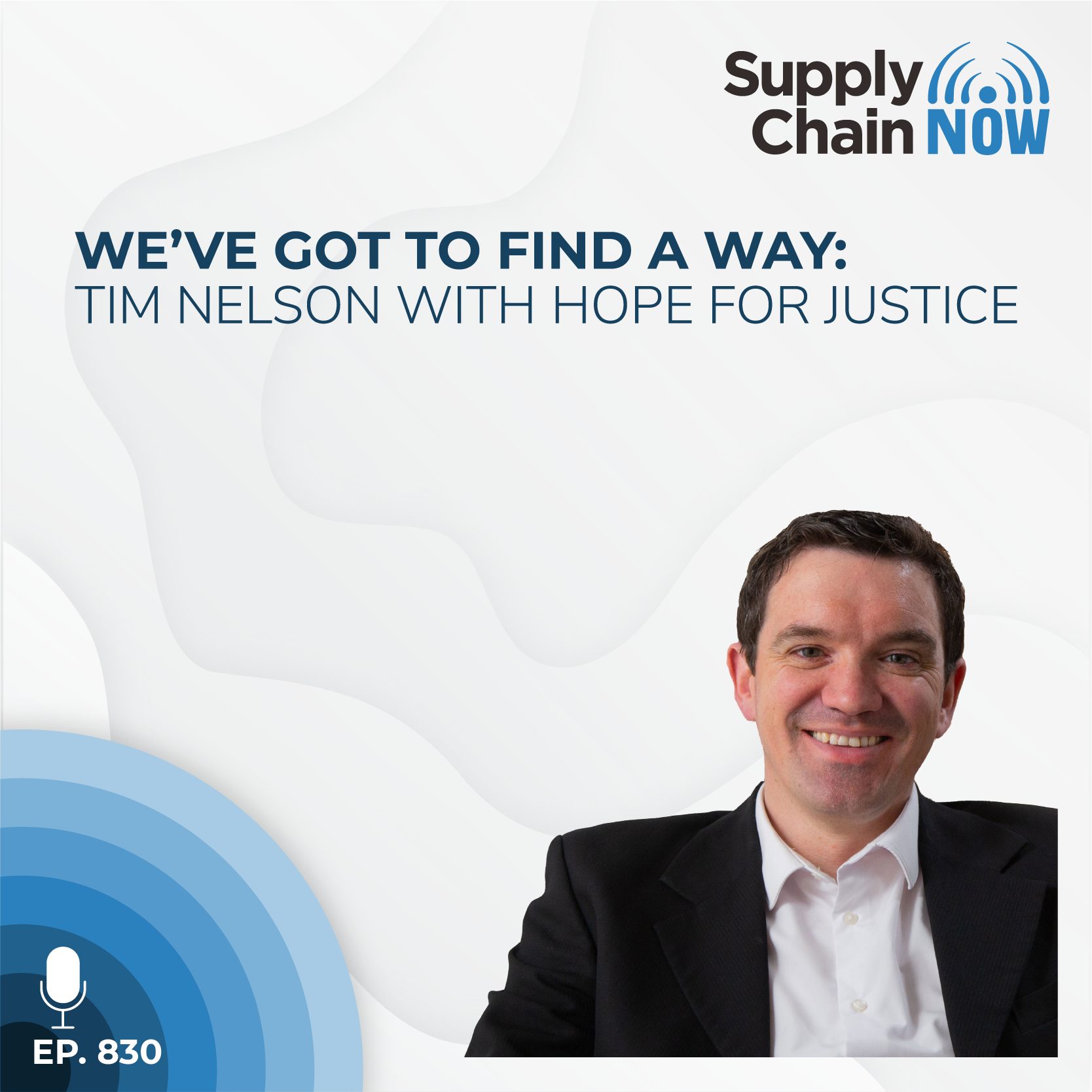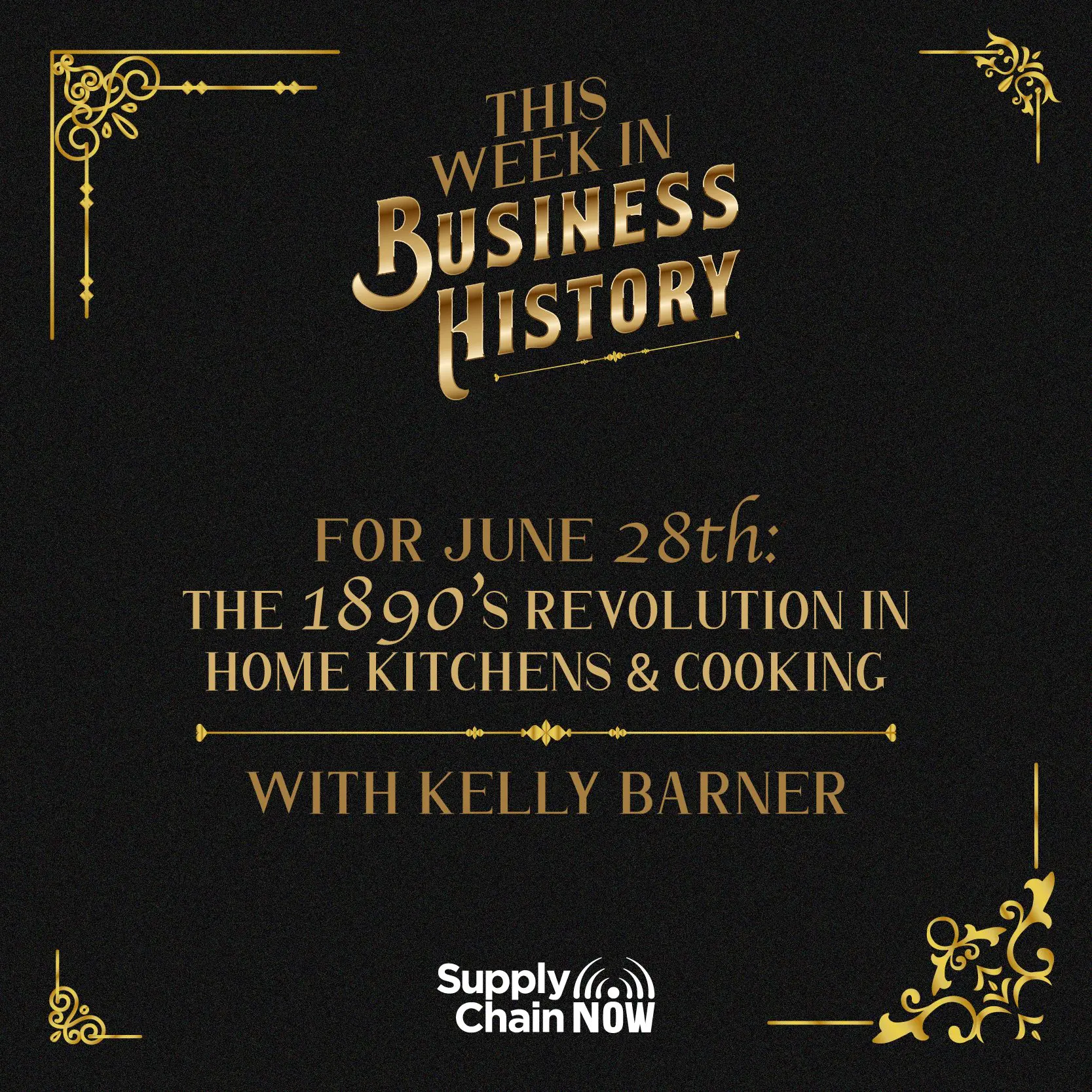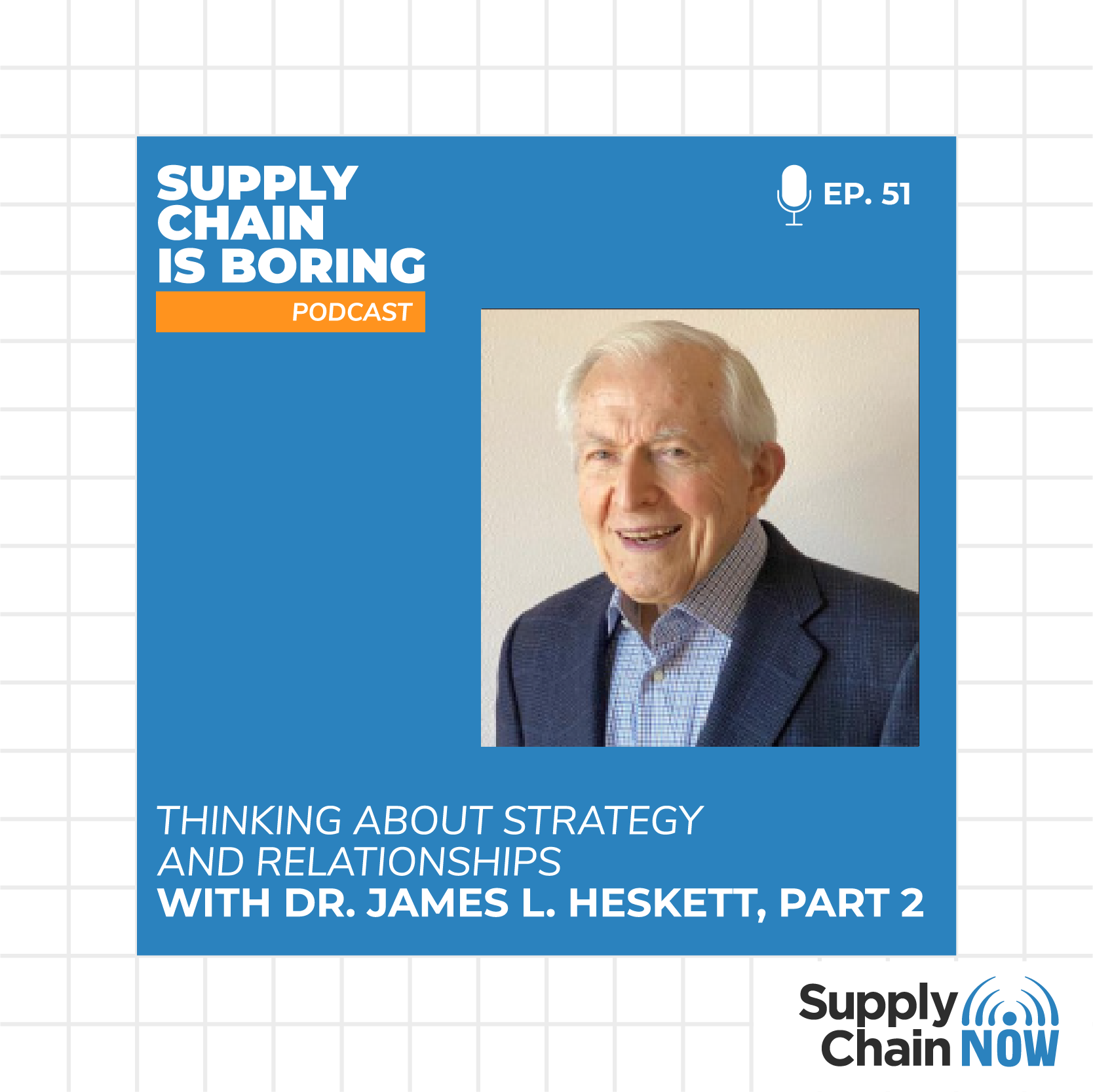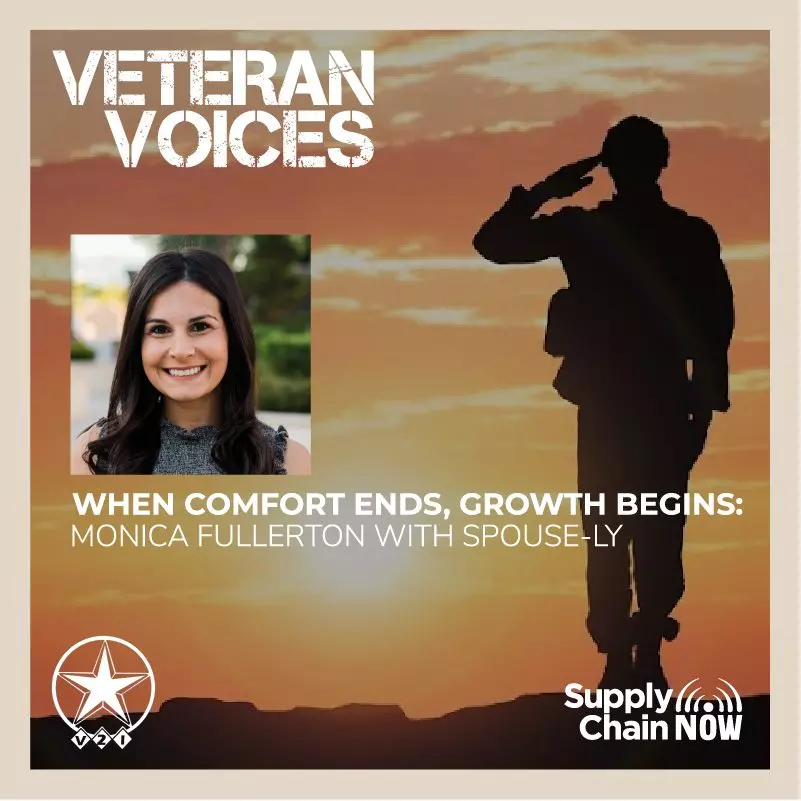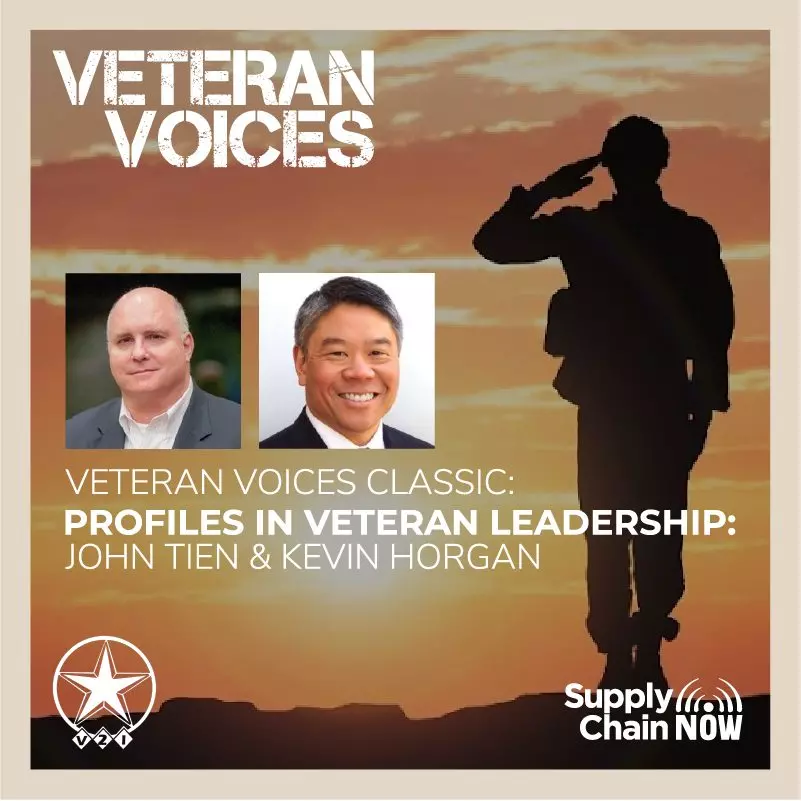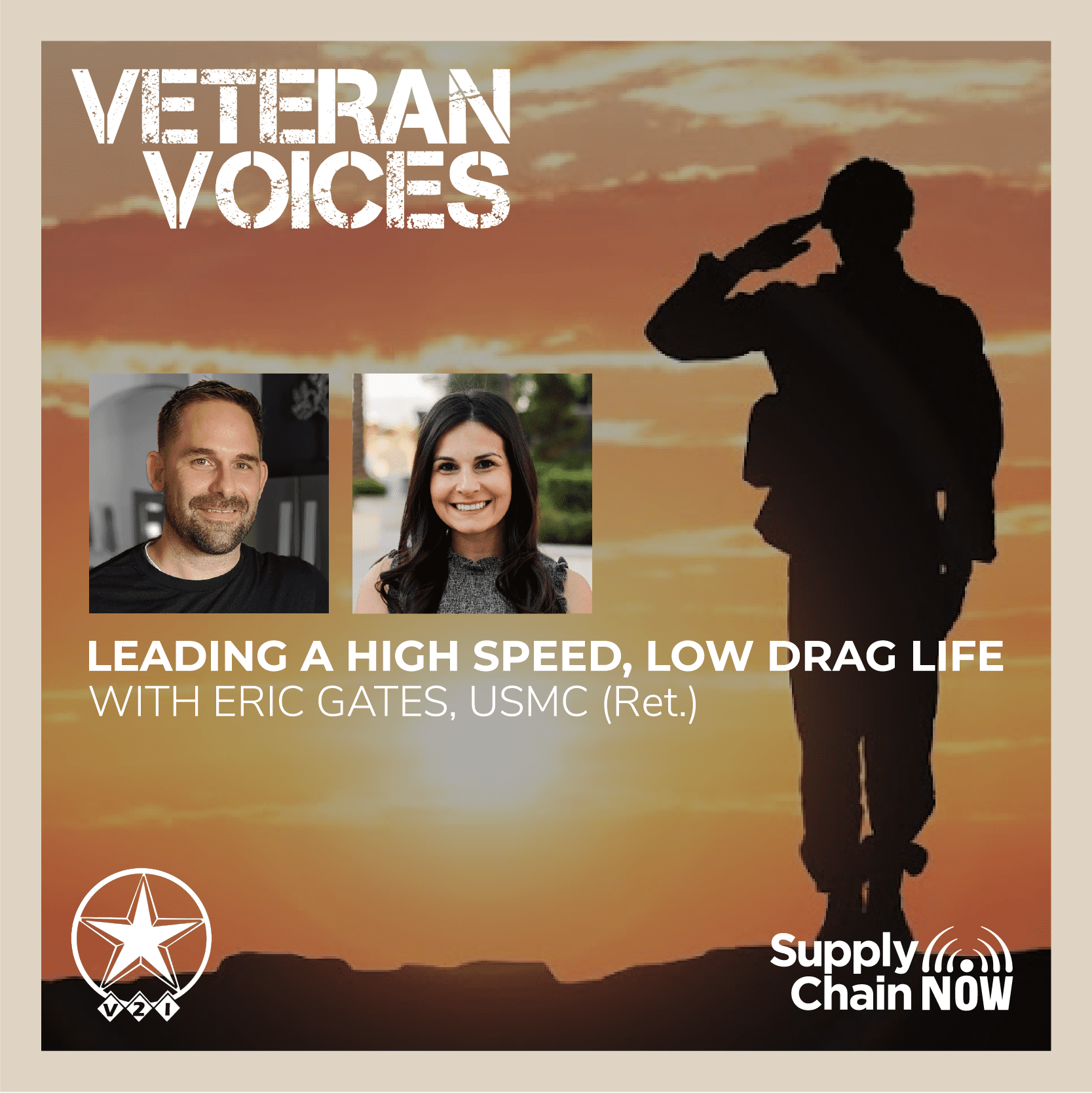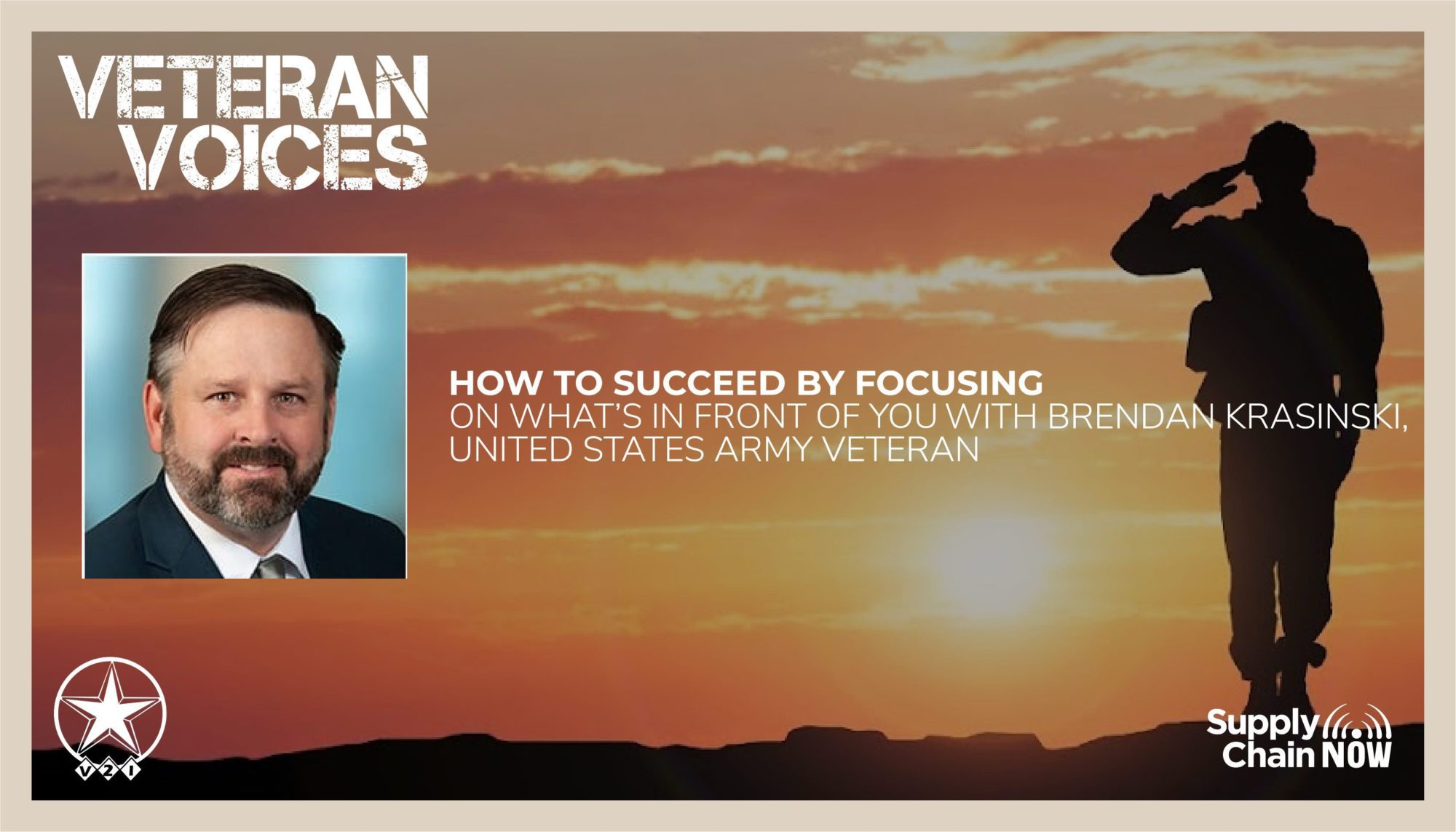
What do I think it is that makes folks go on? I think it's a combination of toughness and just thinking about what's in front of you and not worrying about what's two days ahead of you.
-Brendan Krasinski, United States Army Veteran
Episode Summary
The tougher the experience someone has in the military, the more they take away from it – and the more bonded they remain to the people who people who persevered beside them. Attending West Point and Army Ranger school provide plenty of opportunities to be tough and to learn to work as a team.
Brendan Krasinski is a graduate of West Point and the Army Ranger school. During his six years in the Army, he served and trained in Egypt and Kuwait. Although he initially held a position in sales after leaving the military, he quickly realized it was not what he wanted to do with his life and pivoted to law school, eventually becoming a defense attorney.
In this episode of Veteran Voices, produced in partnership with Vets2Industry, host Scott Luton speaks with Brendan about:
• Why the correct answer to the question, “Why are you losing weight?” at West Point is always ‘exercise.’
• Making life transitions more successful by looking at all of your options before making a choice
• His top piece of advice for anyone planning to transition from the military to a civilian career with full recognition of their experience and skills
Episode Transcript
Scott Luton (00:02):
Welcome to veteran voices, a podcast dedicated to giving a voice to those that have served in the United States, armed forces on this series, jointly presented by supply chain now, and vets to industry. We sit down with a wide variety of veterans and veteran advocates to gain their insights, perspective, and stories from serving. We taught with many individuals about their challenging transition from active duty to the private sector, and we discuss some of the most vital issues facing veterans today. Join us for this episode of veteran voices.
Scott Luton (00:41):
Hey, good morning, everybody. Scott Luton with veteran voices. Uh, thanks for joining us on this special episode here today. So today we’ve got a conversation teed up focused on a west point. Graduate turned army officer turned half powered defense attorney. So stay tuned for what’s going to be a great conversation. A quick program in it. Before we get started, this program is part of our supply chain. Our family programming today’s show is conducted in partnership with our friends at vets to industry. So check out what this powerful nonprofit is doing. Serving so many folks across the veteran space at vets, the numeral two industry.org. Okay. With no further ado, I’ll introduce our guests here today. Joining me here is Brendon Krasinski, us army veteran, and attorney with DLA Piper, Brendon, how you doing?
Brendan Krasinski (01:30):
I’m doing well.
Scott Luton (01:31):
How are you Scott? Doing fantastic. I’m looking forward to our interview. I know there’s always so much going on in the fall and you know, some of our listeners may know that you’re related to one of our team members, but we’ll let that cat out of the bag a little later on. It’s great to have you here on veteran voices.
Brendan Krasinski (01:47):
Great to be here. Thank you. Thanks
Scott Luton (01:49):
For having me. You bet. So on the front end, before we get into west point and what you did in the army and what you’re doing now, let’s get know Brendan Krasinski a little bit better. So where did you grow up? Brendan?
Brendan Krasinski (02:01):
So I, I moved around actually quite a bit. Growing up. I was born in Pittsburgh, lived in Pittsburgh until I was about six. Then we lived in Minneapolis until sixth grade from Minneapolis, moved to St. Louis for three years and from St. Louis moved to New Jersey for my last three years of high school. So wow. Bumped around a little bit.
Scott Luton (02:21):
Yep. So, so how did that all great cities? What was your favorite out of all those cities? What was your favorite one?
Brendan Krasinski (02:26):
I think I, I don’t know that I would want to live there today, but as a kid, Minneapolis was fantastic committed. It’s just, we lived right by some lakes and it was just a great place, kind of the kind of place you could go, grow up, run around and just goof off with your friends all day. And I think I would even love it today, but I don’t know that I can handle the winters anymore. Now that I’ve been in Georgia for, for almost 30 years. So,
Scott Luton (02:48):
Oh, you’ve been here 30 years. Okay. Well, close to close to it. So w where your parents or where they in the military? What, what, what prompted all the moving around?
Brendan Krasinski (02:59):
My dad just worked for. I only started out at a company in Pittsburgh. Just took an opportunity. I mean, my dad was just one of these guys that he grew up in sort of steel mill, Pennsylvania. He was the first in his family
Scott Luton (03:11):
To actually go to graduate college. And so for him, jobs were an opportunity and he would, anytime there was a better opportunity that came along, he would jump at it and we would move. So that was sort of it, you know, those experiences of going into new towns, making new friends and doing that repeatedly, that I have a big impact on who you are now.
Brendan Krasinski (03:33):
I think it did, you know, after it’s hard for me to, I don’t really have anything to compare it to, but I just do know that every, you know, moving around every few years, meeting new people, always having to make new friends growing up. I don’t think making friends was never really a problem that I had. I just, I was able to sort of latch on to folks and try to fit in as best I could. And, and, and I do think that that had a lot to do with it. It’s just, and so I think even in social situations today, I can fake it pretty well, so I can sort of move around and try to figure out how to connect with folks and talk to folks.
Scott Luton (04:08):
I love it. I love it. Okay. Yeah. I want to ask you a little bit in a moment about what you do as a defense attorney, but before that, any of those wonderful cities that you rolled out and some of your adventures as a kid, or maybe even after, you know, after you got out of high school, give us an anecdote or two about what you did, what’d you do for fun? Uh, what was important to you growing up?
Brendan Krasinski (04:32):
Yeah, so, so for me, forts was always a huge part of my life. I played sports as far back as I can really remember. And in a way, you know, it’s probably because it was the easiest way to make new friends, right. I I’d moved to a new school. First thing I would do is figure out what sport am I going to join? And, and, and, you know, anyone who’s ever been on any sort of team before, that’s a quickest way to make friends. That was a big part of my life growing up. I probably I’ve tried about every sport from water polo pole, vaulting, swimming, diving, soccer, football, baseball, and, and finally settled on lacrosse, which is, which is what got me. I say, it’s the only reason I got into west point.
Scott Luton (05:13):
So, so you’re quite, you must have been quite a lacrosse player.
Brendan Krasinski (05:17):
You know, I wasn’t as good as I thought I was, I was, I was a pretty good athlete, but I started very late. Lacrosse is one of those sports that, so I started my sophomore year in high school and, um, at least I’m sure it’s still the case today. Kids, kids start really young. I think I benefited from being on a really great high school team with a lot of great players. And actually we had 90, 90 kids in my high school, graduating class, and three of us got recruited actually four of us got recruited to and ended up going to west point in the same year. Wow. So, so I think I was, I, I CA I don’t know, I don’t want to sell myself short too short, but, but I sometimes feel like maybe I was part of a package deal.
Scott Luton (05:57):
Well, okay. So we’re going to get the west point in a second. Let’s, you know, I bet a lot of non-practicing attorneys, television attorneys perhaps think they know what a defense attorney does. And I got to tell ya, you know, growing up in the eighties, my grandparents
Brendan Krasinski (06:10):
Watch Matt lock, you know, they were w they were, they, and we were all big Andy Griffith fans. So I watched every episode and only bring that up in Jess. But what, you know, what, what’s one thing about being a defense attorney that might surprise folks you don’t end up in court a whole lot. Most of, most of your time is spent in an office pouring through documents, writing briefs, a lot of, a lot of the formal stuff that just, you know, no one would be, people would be out of their mind if they made a TV show about it’s. Um, there, there are moments where you get to court, but the vast majority of it is it’s a very, it’s a very detail oriented job that, that requires a ton, like way more reading than I ever thought. But it’s, it’s, it’s still fun in its own way. Uh, it’s just not, it’s not Matlock.
Scott Luton (06:59):
So you’re saying that the better ones are able to stay out of the court, right? Because the work has done kind of behind the scenes negotiating or researching, or what have you, is that right?
Brendan Krasinski (07:08):
No, I mean, I don’t see sometimes you just can’t avoid it. I mean, look at the biologics. The other thing probably people don’t realize is that most cases don’t go to court most settled before, and that’s on both sides. There are some big ones that do, but, but by and large trials are, you know, actually go into trial. You see more of those on a week on reruns and TV, then some courier see some lawyers see in their career.
Scott Luton (07:31):
Oh, wow. Okay, man. Well, I appreciate you sharing shedding some light on that and, and just spelling some of the notions, let’s go to west point again. So, so you said you were recruited to west point lacrosse. They recruited, it sounds like three or four of y’all that package deal. What was that? Did you, did you know what you were getting into in terms of that, that west coast military school environment?
Brendan Krasinski (07:53):
I had a pretty good idea. W there was a, there was a guy a few years ahead of us, two years ahead of us that was already there. He was playing lacrosse as well. My grandfather went there. So I grew up with store with some stories, although, you know, he was really the only one. It’s not like it was a family tradition. I think a lot of folks were a little surprised. I went, but look, nobody goes there and isn’t somewhat taken aback by the experience. I mean, it’s, it’s a huge life change for a 17 year old kid out of New Jersey who used to run around just goofing off half the time. So I don’t want to say that I wasn’t prepared for it, but I, you know, I was as prepared for it as anyone can be, but there’s just a lot. You just, you never quite know what to expect until you,
Scott Luton (08:38):
Right. And you experience it. All right. So when you look, think back of your years there at west point, what are some of the stories that are still with you to this day? It may, it may even make you chuckle a bit. Okay.
Brendan Krasinski (08:50):
I’m trying to think of a few. Well, so the one I’ll just tell you the one that wife finds both heartbreaking and funny. Um, she doesn’t quite understand how it worked there, but we were, we were at a, you know, your first summer there, you don’t need a lot. You don’t need a lot at all. And everybody loses weight. Uh, I mean, I went in there maybe 165 pounds wet, and I got down to about 150 inside of the first three weeks. And that was pretty standard. But when we got there, there was sort of this big push about they really monitoring to make sure that we weren’t being paced or abused or whatever, and make sure we were getting right. And we would do regular weigh ins and everybody had lost a ton of weight. And so the upperclassmen that summer came to all of us and said, look, whatever you say, make sure that you tell the officer who comes through that you’re getting enough to eat that you think you’re just losing weight because of the exercise, you know, kind of making excuses.
Brendan Krasinski (09:43):
But the truth is we never ate. We didn’t eat hardly at all. And so at our, in our hall, we were all lined up and they were going down the line. The officer came and was asking us all, Hey, why did you lose vice? You lost 10 pounds. Why do you think you lost weight? And everybody, I mean, surely they had to know what was going on because they would give the same answer. I feel like I’m losing weight because I’m exercising more and I’m eating healthier. Well, they got to my classmate and friend, Dave [inaudible] who, uh, who said, I think I lost weight because I’m not eating enough. And they officer gave up two or three chances to change his answer. And he stuck with it kept saying, no, I, I just don’t think I’m eating enough, sir. So for the rest of the week, while there, while we all, we all got our little tiny portions that we got to look at the whole meal, all the leftovers went down to Dave Barsky at the end of the table who had to eat with a big serving spoon. And while we all watched him, so the next way, the next way, and he finally came around and he told the officer that he felt like he was getting plenty to eat and was just losing weight because of the exercise. So
Scott Luton (10:48):
That sounds like a little bit of a little cool hand Luke, feel to it. I can’t remember that. There’s that one scene where they’re all 50
Brendan Krasinski (10:55):
Eggs.
Scott Luton (10:56):
Definitely. That’s a good one. Uh, one of my favorite parts that movie, but, well, so it sounds like de Polaski, you all still your fellow west point alumni, you all stay in touch.
Brendan Krasinski (11:09):
We do. So. I mean, I haven’t spoken to Dave and it’s been a little while directly, but we have a very, very close class and we just had a reunion not long ago, but our class, we have a fantastic, we have a fantastic class president and leadership team, Brandi, Brian Peasley. I’m going to give her a shout out here. If you want to talk to somebody about, you know, I, I don’t, I think she actually is still in back in, but she’s just done an amazing job, keeping our class together and tight. And I think so, and that thanks to social media, particularly Facebook, I mean, I think of the 1100 classmates, we haven’t graduated, we’ve got about 700 of them on a, on a class page on Facebook that we all stay in touch on. So it’s, you know, a lot of people like to knock social and of course there’s plenty of the criticized, but for that, I mean, I think it’s been invaluable.
Scott Luton (11:58):
I agree with you. I completely agree with you. So when you graduated, how does it work? Are you, I didn’t go to military school and I know that there’s, there are non service academies that don’t necessarily have a contract to come with and like to sit at all and maybe VMI, but how does, how does the whole west point graduate and then serve? How does that work?
Brendan Krasinski (12:17):
Yeah. So west point is actually you, when you join you’re technically, I don’t know what your rank is. It’s something described in like the uniform code of, I don’t know if it’s something to find in the law, but you are actually technically some lesser weird rank of, um, maybe cadet, but you’re active duty army and you’re actually getting paid and you go there. Uh, it’s a four year degree. Everybody graduates with, uh, with a bachelor of science degree. And you have essentially first two years to decide if you want to quit. If you, the moment you step foot into your class, your first day, your junior year, you’re locked in and you owe however many years of service after you graduate. So for my year, it was five years. It kind of fluctuate somewhere between I think, five and six or maybe four and six, just depending on sort of where we are in the world.
Brendan Krasinski (13:10):
But, um, so everyone that graduates from west point, uh, has to serve some number of years in the active duty and then follow it up with some, usually in a, for me, it was inactive reserve time. So I was still on a list they could have called me up. They never did so, but nevertheless, so that’s how it works for west point and Naval academy air force academy. I’m sure I’m missing one coast guard academy is probably in the same way, but so for all of the federal United States, Naval academy, military academy, everybody has an obligation to serve.
Scott Luton (13:45):
Gotcha. So, so what did you do after you graduate?
Brendan Krasinski (13:48):
You know, you get to, you sort of get to pick, uh, based on your class rank, what you want to do first, you pick which job you want to do. Yep. First you pick what job you want to do. And it’s really a rank order. You, they, they sort of go down the list and, and then, and then within that branch with whatever job you’re going to get. So for me, I chose infantry. Then all of us infantry guys got in a room together and they had all your places that you could be stationed up on at the time, it was like, what do we call an Elmo now, like one of those trans you know, essentially like a little presentation thing and all the place up there with the number of slots available. And we just kind of went down in class order and everyone got to pick. So I ended up infantry officer that. And so I chose Fort Stewart to go to Fort Stewart for a couple reasons
Scott Luton (14:33):
In, in Georgia
Brendan Krasinski (14:34):
And Savannah. Well now it’s right outside hundreds, right next to Hinesville, Georgia. It was close enough to Savannah for me, that that was sort of my goal. I wanted to get to four years at west point. Maybe think, gosh, I think I’d like to be somewhere. That’s actually fine to be for a little bit. So I had that, but then you have to do all your training. So when I showed up right after graduation, you, we, I think I got like 30 or 40 days paid leave, went down to Fort Benning for air jump, jump school, jumping out of planes. Then the infantry officer basic course, another mechanized infantry leader quarters to sort of learn the equipment for the job that I was going to do. And then, uh, and then went to ranger school. And then after graduating from ranger school reported to Fort Stewart and was there for the next three, three and a half years. So,
Scott Luton (15:21):
So did ranger school make west point looked like a piece of cake?
Brendan Krasinski (15:26):
I always, I often kind of think about that. I mean, I think they’re just different it’s um, I think west point was good preparation for ranger school in a way, because it’s just both experiences can be really miserable at times. Just gets you used to being miserable. I think the difference is the misery at west point is spread out over four years and then ranger school. They crunched it all into 75 days. So, so it was more intense, but at least the, the light at the end of the tunnel was sort of coming more quickly.
Scott Luton (15:56):
So from a timeframe standpoint, uh, and bear with me, this is the season of head colds right now, inspection I’m about an octave lower than I typically am. So from a, for a reference point w timeframe, what year did you graduate? West point?
Brendan Krasinski (16:14):
I graduated in 19. I graduated 94 and then went to Fort Benning. So may of 94, graduated, reported down to, uh, Fort Benning in July of 94. And was there until, did I graduate ranger school? June of 95. So then from June 95, I think I took two weeks off and then reported over to Fort Stewart.
Scott Luton (16:34):
Wow. Okay. So what, um, I want to say from there, was it six years you spent in the U S army? Is that right?
Brendan Krasinski (16:43):
It’s total. So from 94 I went, I got out in may of 94 and then I think finished up and finally got out. So then all my paperwork in June or July of 2000, so.
Scott Luton (16:56):
Gotcha. And so army officer ranger, what, what places did you see what’d you do while you’re during that six years?
Brendan Krasinski (17:03):
So went to Kuwait twice one time was roughly a little bit shy of six months. The next time was, I don’t remember how long we were there January 1st of March, April four or five months, and finally got to come home only because I was being reassigned to a different duty station. And then in the middle of that, I went to, you know, we did some training out in California a few times, there’s for her when national training center, where you basically go play big war games with tanks and stuff, did that a couple of times. And, um, and went over to Egypt for a joint training exercise with, uh, you know, a bunch of different countries. I mean, Egypt, France, Germany, England, it was sort of this, you know, honestly, I don’t quite know what the point was. Sure. It was, um, as much about, you know, relationship and, and nation building with other countries as it was anything else. Um, but it was, it was neat. So,
Scott Luton (18:00):
So in Kuwait, so I spent a little bit of time, not long, 45 days at, uh, Algebar I, it was the name of it. Okay. Were you there or were you in Doha or what?
Brendan Krasinski (18:08):
Well, so we showed up the first time I went, there was as a platoon leader. So we showed up, arrived in the middle of the night. They bused us or trucked us. I don’t remember how we got there, but we went over to Doha, literally picked up our vehicles and drove off into the night to go set up in the desert. And we were just set up in the desert for about how I don’t remember it was three or four months. And then they finally took us back to Doha. Wow. Didn’t didn’t know when we were leaving, but, but knew that we’d spent enough time in the desert. So we’ve, we sorta stuck around cleaning vehicles and repairing vehicles. It seemed like forever until they finally let us come home.
Scott Luton (18:44):
Oh gosh. All right. So let’s talk about some of the folks you served with and, you know, we never have enough time during these segment of the interviews because I know there’s dozens and dozens of people that probably were special to you while you’re serving. But when you, when you think of a couple of those names, uh, there were some of those folks that were special.
Brendan Krasinski (19:03):
Well, like you say, there’s a, there are a ton of folks. I mean, even to this day, my best friends in the world are all still in the army or from the army, not in the army. Um, I don’t think any of them are, but I still stay in touch with all my best friends. Allie’s godfather is my roommate from the army, you know, and we’ve got, but there’s two people that I probably had the biggest influence on me when I was in the army. One was, uh, my cousin, he was my first company commander. My first company commander got relieved because he was kind of a disaster. But, but the guy that took over for him was a guy captain at the time. I know he’s out now, he’s working. Uh, last I talked to him, he was at Cintas, but his name was Larry Lewis.
Brendan Krasinski (19:44):
And he was just one of these guys that I don’t quite put my finger on it with him. But he was, he, he, you knew he was in charge, but he didn’t have to tell you he was in charge and just everything he made you want to do. What’s right. And you could tell when you disappointed him and he never cheat you out or, or eating nothing to tell you that, that you did something that was wrong. Um, he was just a really, really great guy that just cared about everybody was a phenomenal leader. I kind of saw him as someone who would stay on forever and do great things. And unfortunately, well, I don’t want to say unfortunately, but he liked me, I think, made the same decision that for family life, you know, army wasn’t his thing. So, so Larry Lewis was, again, my, my, one of my company commanders as a young Lieutenant, just a phenomenal leader, great guy.
Brendan Krasinski (20:35):
Um, and then the second guy is, so I spent my last two years in the army up in Dahlonega, Georgia at the fifth ranger training brigade. So as an instructor and various other jobs at ranger school, and my, uh, first Sergeant was a guy named Tom, Tom Wilburn, and people can Google him and look him up. He’s on here. I mean, he’s, he’s made it on the ranger hall of fame. He’s one of the best ranger competition at the times. And, uh, you know, he was just one again and he was an NCO and I was an officer, but it, no one ever sort of took beyond the officer or the NCO position with Tom Wilburn, uh, because he was just the most impressive human being I think I’ve ever met. Wow. Incredibly smart. He was at the time I thought he was old. He was probably in his late thirties.
Brendan Krasinski (21:24):
I was in my young twenties now to me, that’s a baby, but the story, a couple of stories I remember about him was, um, first of all, you just also great with, with the guy, let me just everything he did, he was proficient at every single thing he did. He was just amazing at everything from shooting to, to, to climbing to whatever you name it. Um, he, he did it all. Uh, but he was also just the, the, probably the toughest guy I’ve ever met. Wow. And he had served in the ranger school. This is, uh, this is break from the regular army when he wasn’t at ranger school, he was serving in some of our more elite forces that sometimes, you know, you don’t really hear much about, uh, but, but w one of the stories that still blows my mind to this day is he went and had a surgery down at Fort Benning to repair a hernia or something like that. And came back the next day, you know, with an incision in his thigh and some stitches and said, Hey, come on, guys, we’re going to go do a 10 mile run through the mountains. And they were like, what is he talking about? Sure enough, we started running and about a mile in, um, his stitches pop. And I went up to him and said, Hey, first Sergeant looks like your stitches are open. You bleeding down your leg. And he said, oh, that’s all right, sir, I’ve had worse.
Brendan Krasinski (22:45):
But he, again, just, he’s the kind of guy that could get up every time, every year when we were there, we would do a sort of an open house and let people come in. And he was always the guy that they would put up in front of them, not the battalion commander, not anyone else. They’d put them up front to sort of give, you know, tell people about the what’s going on and the Rangers and, uh, was just a super impressive guy.
Scott Luton (23:09):
Tom Wilbur Wright.
Brendan Krasinski (23:11):
Commonwealth. Yep. Yep. Thank you. Still up in Georgia today. I know he got out and he was doing some, some government jobs that I don’t know if it’s contracting or what, but, um, but I know he eventually got out. I mean, you know, so
Scott Luton (23:30):
Let me ask you, uh, I want to talk about your transition here in a second, but when it comes to special forces and, you know, ranger training, if you think of all the folks that are, uh, trained for this really special, oftentimes confidential missions, secret missions, the mindset, what do you think? What’s one thing about the mindset that is enables folks to endure more, to do more, to accomplish more, to be trusted more, what, what, what is ingrained in that mindset?
Brendan Krasinski (24:04):
That’s a good question. I mean, first of all, I will say that I, I was never entrusted with any super secret missions. I was just more of a standard guy who, who happened by training to work with some guys that did do that. So to some extent, um, but, but, you know, we can just take, uh, an experience like ranger school, where it’s just miserable and it’s, it’s really, it’s tough. I mean, it’s, I mean, I think the one common thread throughout my time in the infantry and these guys that I work with is just the, the, the folks that are there want to be there. They just have a desire to prove themselves. And that’s, that’s sort of one aspect of it. I mean, everybody’s sort of type a, loves the challenge. And so they go about it that way, but inevitably everybody gets to a point where it’s just tough.
Brendan Krasinski (24:46):
And then I guess this part of your question as well, what do I think it is that makes folks go on? I think it’s a combination of the same thing of just sort of this toughness, not ever being the kind of guy that never quit or down part of what makes it, uh, I think bearable I’ll give credit to Ted lasso here is to some extent you just gotta be a goldfish and not, you know, just kind of think about what’s in front of you and not worry about, you know, what’s, what’s two days ahead of you, but focus on what’s immediately in front of you and just sort of one step at a time and keep going. No, that, that just, that’s what you have to do if you’re going to finish what you set out to do. So at least that’s my thoughts.
Scott Luton (25:29):
It’s great advice. Uh, you know, as an entrepreneur, you know, you got the good days, you get the bad days, you got all the days in between, you got to really, you got some really heavy days and you got, then you got some light days where maybe production is not as heavy or problem solving or negotiating, whatever it is. And a buddy of mine years ago. And I’m not, if I remember his name here in a minute anyway, he, he, he, he gave a really piece, simple piece of advice. He’s like, Scott, you know, Lou Holtz writes in his book, you know, you get up in the morning, what’s the next, what, what’s the, what’s the most important thing to do? You do it. And then you stop and call timeout out and you ask yourself, what’s the most important thing to do right now. And it’s just as, uh, you know, in those tough days, just prioritizing and focusing on that one thing, just kind of like what you’re talking about that has, it sounds simple. It sounds mindless. It sounds well, that’s just, it’s, it’s, it’s common sense, but man, on those heavy days that has really, um, fomented the right mindset. And you’re saying Tadlock, Ted lasso has, I guess a goldfish principle.
Brendan Krasinski (26:35):
Well it’s yeah. It’s, uh, you know, in a soccer player, I can’t remember the exact contact. I don’t remember who said it that, but essentially it was like soccer player gets in a, you know, they lose a game and sort of, how do you get over it? Well, you be a goldfish because goldfish don’t remember two minutes ago. So just forget about it. Move on is really right. The, the point of it. Um, you know, to your point, I mean, what you just said is I think it’s exactly the same. I think it’s exactly the same, whether you’re in the army or whether you’re in business or, or whether it’s west point or ranger school, look, if you show up on day one of a grade, your school or day one of west point, and you think, gosh, I have 76 days of this to go. Or at west point I had four years of this. I don’t care what it is. If you’re in, you know, at the tail end of your first day at a trial and you’ve just turned in 20 hours and you’d get two more, you get two hours to sleep before you have to get up and do it again. If you sit there and think this is going to be six weeks of this, it starts, it starts becoming overwhelming, but
Scott Luton (27:34):
The proverbial bites of elephant.
Brendan Krasinski (27:36):
Right? Exactly. Exactly.
Scott Luton (27:39):
Okay. Let’s talk about your transition out of the army. And as we were talking pre-show for a minute, you know, that transition is probably the biggest common thread and theme any time, whether I have a, a podcast interview with a veteran or when we’re getting together informally. And if it’s not about our transition, it’s a, it’s talking about others that are, you know, that are either challenged by it or, or, uh, you name it. It’s just, it seems to be a challenge that we just can’t quite, um, solve, uh, from a variety of angles, whether it’s the, the branches themselves, the private sector, the veteran, you know, him or herself, right. Cause, cause it’s our personal responsibility or whatever it is. Let’s talk about your transition. What’s you experienced? How did that work?
Brendan Krasinski (28:27):
You know, I I’ll just confess my, my transition was not very deliberate. It was, my oldest daughter was about two years old. I had had, you know, I’d been deployed a few times. This is even before nine 11. And, and I knew just with what I was doing, I was going to continue to be gone a lot and just sort of made the decision that that’s not how I wanted to raise a family. A lot of folks do and God bless him for it. And I’m thankful there’s folks that’ll do it. It’s just, uh, it wasn’t, it wasn’t sort of what I wanted. I mean, um, so I just sort of lucked into my initial transition. So I don’t even think it’s transition cause it didn’t work out well. I mean, I would say it didn’t work out well, it’s just not what I wanted.
Brendan Krasinski (29:09):
Um, I had a friend of mine when I, when I decided I was getting out, he, he found out and he reached out to me. I didn’t even have to look for a job. He reached out to me and said, look, I’m managing this office, uh, for, for this financial advisor, big major financial advisory firm down in Charleston, South Carolina, any interest in working as a financial advisor. And I said, sure, that sounds pretty great. I think in my mind that the job was, uh, more of more of an advisory role, less than a sales role. And the reality is it was a sales role. And, and I, I think I was sort of geared more towards, I wanted to be a problem solver, not just a, not just a brain maker. Um, and so I got there and it was, it was, you know, a lot of that’s my fault.
Brendan Krasinski (29:58):
I mean, right. If we’re going to start talking about transitions and, and you know how to make a smooth transition, I’m like one lesson that I would tell anybody from that is re really look at what it is that your opportunities are. Think about. Truly. If it’s an opportunity you think you would actually enjoy or if it just kinda sounds cool. But for me, I think being a financial advisor, living in Charleston sounded cool. The reality of it was less of that than I thought it was going to be. So, but, but about, and I realized less than a year in, it’s not what I wanted to do with my life. And I’d always wanted to be a lawyer. I’d always thought about it. I was a pre-law major at west point. And so, but, but at the time I had a daughter, we had a second daughter in South Carolina.
Brendan Krasinski (30:46):
So I kind of, for myself, I thought it was absolutely stupid to go back for a graduate degree with a, with a wife and two kids. But my, you know, credit to her, my, my ex-wife, she just knew I was miserable and said, what is it that you want to do? And I said, well, I’d really like to go to law school. I just don’t know how I can. She just said, just do it, we’ll figure it out. So, so really that’s where my transition really happened. Then I went to law school and transitioned out and I will say, I think that the transition is a very different process. You know, if you’re going to get out and go to a professional school, because then, then it’s sort of, you’re graduating with all the same experiences, everybody else applying to the same jobs. And so it’s a little bit easier. And at the time, at least I still think today, you know, the military surely opened a lot of doors for interviews. So that was, that was sort of my transition experience. Um, and a little, not like what most people go through, you know, where they’re, they’re, they’re applying to a bunch of different jobs and, but
Scott Luton (31:53):
Going into the recruiting a BIS and not getting call backs and having the, the, the, uh, language barriers of trying to, uh, share what you did the military with folks that, you know, hadn’t served. Um, but I’ll tell you, what’s really cool about your, even if it is a non-traditional is how many folks actually get the, uh, after they experienced something they know they don’t want to do how many folks actually listened to the great advice you got, what do you want to do? And let’s go do it. You know, so many folks I feel are they find any reason in the world not to do what they really want to do. And look at you. Now you sit back and you blast them and cause, cause you’re doing in life, what you want to do. Right.
Brendan Krasinski (32:39):
I, yeah. I mean, I think that’s absolutely right. It’s, it’s, you know, it’s such a strange thing to think back to 29, 28. I don’t know how old I was Brendan thinking. I’m so far down the road in my life. How can I possibly shift gears now? But at 49 I looked back, I wish I was 29 again. Uh, and you know, wouldn’t even hesitate, but no, you’re right. I mean, I think for anyone out there, um, the first step in a successful transition from the military to civilian life would be figuring out what is you want to do and then figure out how to make it happen. And whether that’s making phone calls to people or, you know, networking, or, you know, it, who cares what it is in the long run, it’ll pay off big time.
Scott Luton (33:26):
Excellent point. And I’m glad that, that you shared that because that’s one of the things we wanted to pick your brain on. If you had a room full of folks that were, that were, um, you know, about to start their transition or transition already, whatever it is, you know, that advice you to give them you’ve already dropped a few aspects or what else, anything else you’d share to a room full of veterans that were, you know, fighting through their transition.
Brendan Krasinski (33:49):
Yeah. So you sort of touched on it earlier. One of the big things that I see, look, we, we hire a lot of veterans and it’s a little different in the legal industry, but I see a lot of resumes. Sometimes classmates will say, Hey, can you look at my resume and tell me what you think this is sort of the job I’m going for. You know, folks who have recently retired. And I think if I can give folks that, like sort of the number one piece of advice to you just to sort of stand out and to, um, I don’t know if it’s to stand out, but, but one thing that I see a lot of is resumes that make sense to me because I was in the military or maybe they don’t because it might be in the Navy. And I have no idea what impressive things is.
Brendan Krasinski (34:32):
I’m unsure that these people did really impressive things and being in charge of the J sock and the S3 shop and all that kind of stuff is, is for folks in the know really impressive. But, but folks that don’t know when they’re looking at a resume like that, it just, they have no idea what that means. So sort of number one piece of advice, I would give anyone in the army or getting out of the military is put together your resume, read it, and really focus on translating it so that your mom would understand, make sure that instead of being in charge of a 300 person unit in the whatever infantry branch is just, just say was in charge of, you know, managed all, you know, managed all training and operations of a 300 person unit, you know, you don’t need it. The details are sort of less important than the big picture manage the budget of $2 million. Um, doesn’t matter that it was for training and for, for deployments or for whatever it was. It’s just as an employer, if you were in charge of it, you sort of had overall responsibility for managing or implementing, you know, a $2 million budget that that’s, that’s a big thing. Um, so simplify it is sort of, that’s kind of the advice I give all my friends look, simplify your resume so that your mom would understand it and then give it to your mom and make sure she does.
Scott Luton (35:59):
And, and let’s shy away from eight page resumes, especially to your point, you know, that you can roll those things up into one bullet point instead of in one bullet point and 17, uh, sub points. So, uh, really great advice there and ethic one thing, not to put words in your mouth, but you alluded to, to a point a couple of times now is, um, you know, you own your transition, right? No, one’s going to do it for you. Don’t want OSHA job. You got to own it. And at times S N includes in embracing the suck as the phrase goes, uh, cause there’s parts of it that that’s stink, but, uh, if you own it and if you start early, I think, I think lead time is such a, I know in my transition, I did not take advantage of the lead time. And it’s so important to, um, you know, Hey, just for following your advice, to figure out what you want to do research and, and kind of figuring it out, takes time alone, right?
Brendan Krasinski (36:54):
Yeah, absolutely. And I think one thing you can do sort of another piece of advice is if you’re thinking that you want to get into a particular industry, find someone in that industry and just say, listen, I’m transitioning out of the military. Um, I, I think that what you do is what I would love to be doing. Uh, but honestly I’d love to sort of hear more about it and see if, if, if that’s really the case and you know, you want to grab coffee, people are, most people are willing to help. And, and especially if you reach out to me or probably anybody and say, listen, I’m transitioning out of the military. I’d love, I’m thinking about going to law school. Do you have time for a cup of coffee? You know, I’m going to say, heck, let’s go grab lunch. Don’t hesitate. Because number one, it helps you learn if it’s really what you want to do, because I will tell you, you asked one thing that would surprise you about being a lawyer.
Brendan Krasinski (37:43):
Well, one thing that surprises a lot of people is it’s not at all what they think it is. And so that’s why there’s a lot of my classmates from law school who aren’t lawyers anymore. And if they didn’t just go straight to law school because they didn’t know what else to do after college. And instead spent a little time working at a law firm or, or talking with actual lawyers, they might’ve realized, gosh, I think I’d rather be doing something else. So use that time to use that time, to figure out if that’s really what you want to do. And then those people, aren’t going to forget you, you know, if, if you go to lunch and even say like, Hey, anybody else you think I should talk to use that as an opportunity to network that’ll, that’ll ultimately help you. And I’m not, I’m obviously using the law as an example, but, um, you know, if, if you’re interested in becoming a store manager for home Depot Hackman, reach out to go on LinkedIn, find someone who’s in your area. I’d love to talk to you about what you hear.
Scott Luton (38:36):
Right. That’s great advice. Excellent advice. Cause, cause they will, um, they will respond and a lot of folks want to help. It’s it’s part of the humanity in all of us. All right. So as we start to wrap kind of coming down the home stretch, there’s a couple, just a couple more questions I want to ask you. Uh, so DLA Piper is, is your law firm you’re part of now. So share a little bit more about what the firm does, maybe what you do
Brendan Krasinski (39:00):
So well, DLA Piper is, is it is a huge firm. It’s a it’s, it’s where we have offices worldwide. Um, I think we’re over a thousand or 2000 attorneys at this point. I don’t know the exact number. Um, really most handles almost any aspect of whatever legal work you might have. I mean, our firm recently, um, worked with, with, with some of the manufacturers of the virus to help navigate the regulatory or not virus that the, uh, the vaccines help them navigate the regulatory process. Um, I, you know, we represent a lot of corporations, big corporations when they’re sued for various, um, various things. I mean, that’s typically what I, what I do is I got brought over to be part of the team that represents pharmaceutical companies and medical device manufacturers when they’re, when they’re sort of sued by these, uh, you know, by individuals, but also even within our own office here in Atlanta, we’ve got a lot of guys that, that work with, we’ve got a couple of guys that work with startup companies, as they’re trying to generate, you know, raised venture capital to seed money and stuff like that.
Brendan Krasinski (40:09):
Um, we have other folks that just help with the more standard corporate structures of companies and things like that. So really that the firm does just about everything. My focus has been for the last, for my entire 15, 16 year career now. Um, litigation’s so it’s, it’s defending companies that find themselves being sued for various reasons. And typically my, the cases I work on or I don’t do, uh, not that I haven’t, but my focus has been on sort of the, your product injured me type of claim, as opposed to two businesses in a dispute over trademark or, and like that. So yeah,
Scott Luton (40:45):
Sure, man, a little bit of everything there, a huge for a couple thousand attorneys, global offices, uh, and I’m sure very busy. So I’m going to be very respective of your time here today. So one final. So I want, we’re going to ask in a minute, make sure folks know how to connect with you, uh, based on anything you shared here today, folks may want to pick your brain, but I won’t let the cat out of the bag. You mentioned Allie earlier. I kind of teased it on the front end. So Allie Krasinski is a, is a part of our, our, uh, uh, leader with our marketing team here at supply chain. Now I’ll tell you, she is a phenomenal team member. She is, uh, her work ethic. I’m not sure where, who she got it from. Might be you, the family, you name it, the audience she brings to the table. I don’t think I’ve ever seen her. Brendan. She’s the always positive. I mean, I’m still convinced that even if she got some really bad news, you’d never know it. So if there’s anything that, um, maybe has that you’ve rubbed off on her, that, that, uh, either we’re not picking up on yet or something for us to look for, what are you most proud of there?
Brendan Krasinski (41:52):
You know, Allie is, uh, she she’s my first, but, and they’re all, all I’m lucky. I got three really good girls in a great step son. Um, and they’re all fantastic in their own way. One thing about Allie that that makes me proud of her. She’s just, she’s always, you’ve mentioned hard work and she’s always been a hard worker. She, I don’t know if she, uh, you guys have gotten to her telling you stories about her horse riding in the past, but she wanted to ride horses as a little girl, her mom, and I took her to ride horses and figured we’d be done after a couple of lessons. And she stuck with it through high school and even competitively, well, horse riding is very expensive. And even though I’m a lawyer, I’m not that much of a, so what Allie would do is she would spend all day, Saturday and all day Sunday going to, I would drop her off at seven in the morning, pick her up at six or seven in the afternoon.
Brendan Krasinski (42:42):
And I’m talking when she was 8, 9, 10, 11 years old. And she would mock out stalls and work all day just to get a couple extra hours of, of time with the horse for free and of course lessons. And that has never stopped on Saturday morning. I’ll wake up at seven in the morning and Allie’s waking up, you know, Allie is down in the kitchen already and I’m like, Allie, what are you? This was back when she was in college. Like, what are you doing? Oh, I’m going to help somebody organize their basement. I mean, just, you know, she’s just got a phenomenal work ethic and where that came from. She always just, she just had it. She just always had it. I wish I could take credit for it.
Scott Luton (43:20):
Well, it is such a dominant part of who she is, big heart, lots of great ideas and really just a pleasure to work with. So, um, all right. And, and of course, alley helps facilitate meeting you and interviewing you here today and really appreciate that as well. Okay. So final question for you, uh, based on everything you shared and what you do for a living, if folks wanted to connect with you, what’s the easiest way to do that?
Brendan Krasinski (43:46):
So I’m on LinkedIn, Brendan Krasinski. I imagine I’m the only Brendan Krasinski on LinkedIn, but Brennan Krasinski, DLA Piper, even just Brendan Krasinski DLA will find me on Google, but otherwise it’s Brendan B R E N D I N dot Krasinski, K R a S I N S K I at, at DLA piper.com. And you’re welcome to email and probably the easiest way to get me these days.
Scott Luton (44:13):
Wonderful. It’s just that easy. Wait, really appreciate your time. Uh, Brendan, uh, pleasure meeting with you and hearing some of your stories and certainly hearing your, your POV and, and various aspects of your journey. Uh, thank you so much. So we’ve been talking with Brendan Krasinski, us army veteran, and attorney with DLA Piper. We’ll talk with you soon. Thank you very much, Scott. You bet. Uh, and, and folks, hopefully you’ve enjoyed this conversation as much as I have lots of, uh, I think really a lot of practical advice and some great stories, uh, be sure to find veteran voices, wherever you get your podcast subscribe. So you don’t miss conversations like this. A be sure to check out our friends over at vets to industry, they’ve got a, the next networking event will take place. After we released this episode, every every three, four weeks, they put on one of the best networking sessions on a Saturday to help you connect with fellow veterans, hiring managers, you name it, lots of resources, check them out at vets, the number two industry.org. And on that note, most importantly folks enjoy the rest of October. Hopefully winter weather has kicked in, uh, on behalf of our entire team here at veteran voices, Scotland signing off now, do good, give forward, be the changes needed. And on that note, we’ll see you back right back here at veteran voices. Thanks everybody.
Featured Guests

Brendan Krasinski After graduating from the United States Military Academy (West Point) in 1994, Brendan spent 6 years as an infantry officer until he transitioned out of the Army in 2000. In 2000, he took a job as a financial advisor but two years later, started law school at the University of Georgia School of Law. When he graduated in 2005, he joined Alston & Bird in Atlanta, where he worked until he moved to DLA Piper in 2018. At DLA, Brendan defends companies (including pharmaceutical companies, medical device manufacturers, and long-term care facilities) in litigation across the country.
